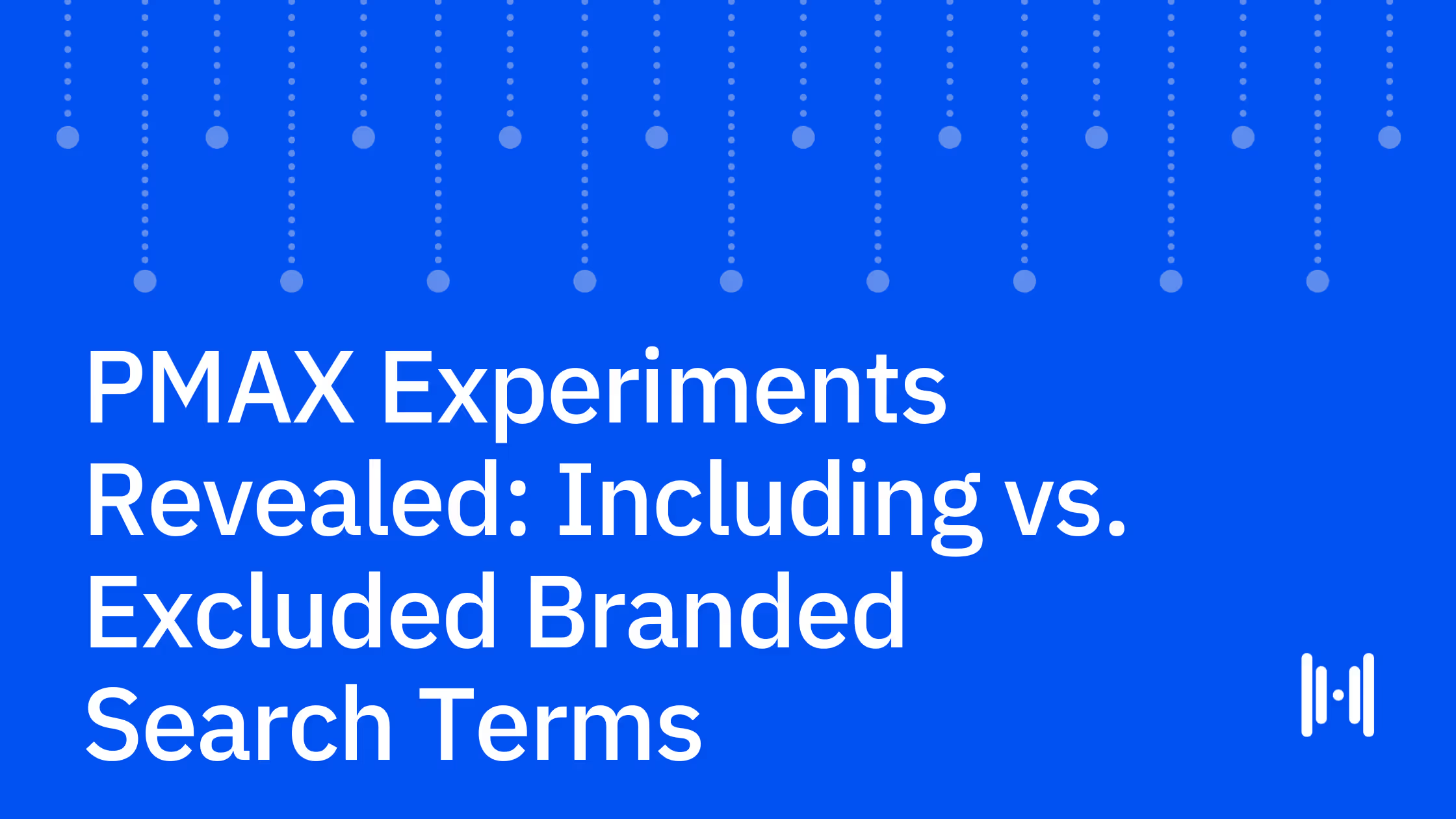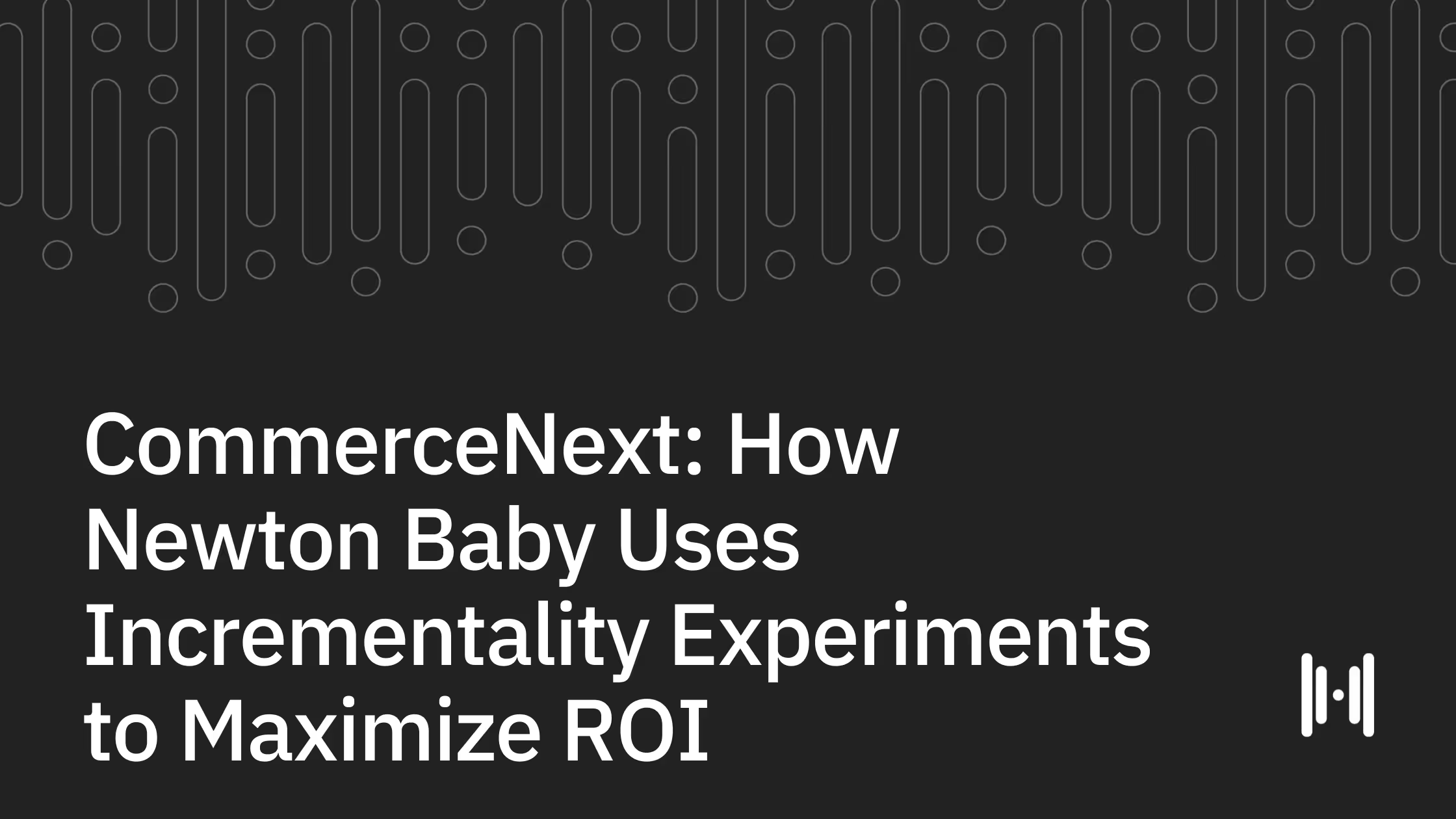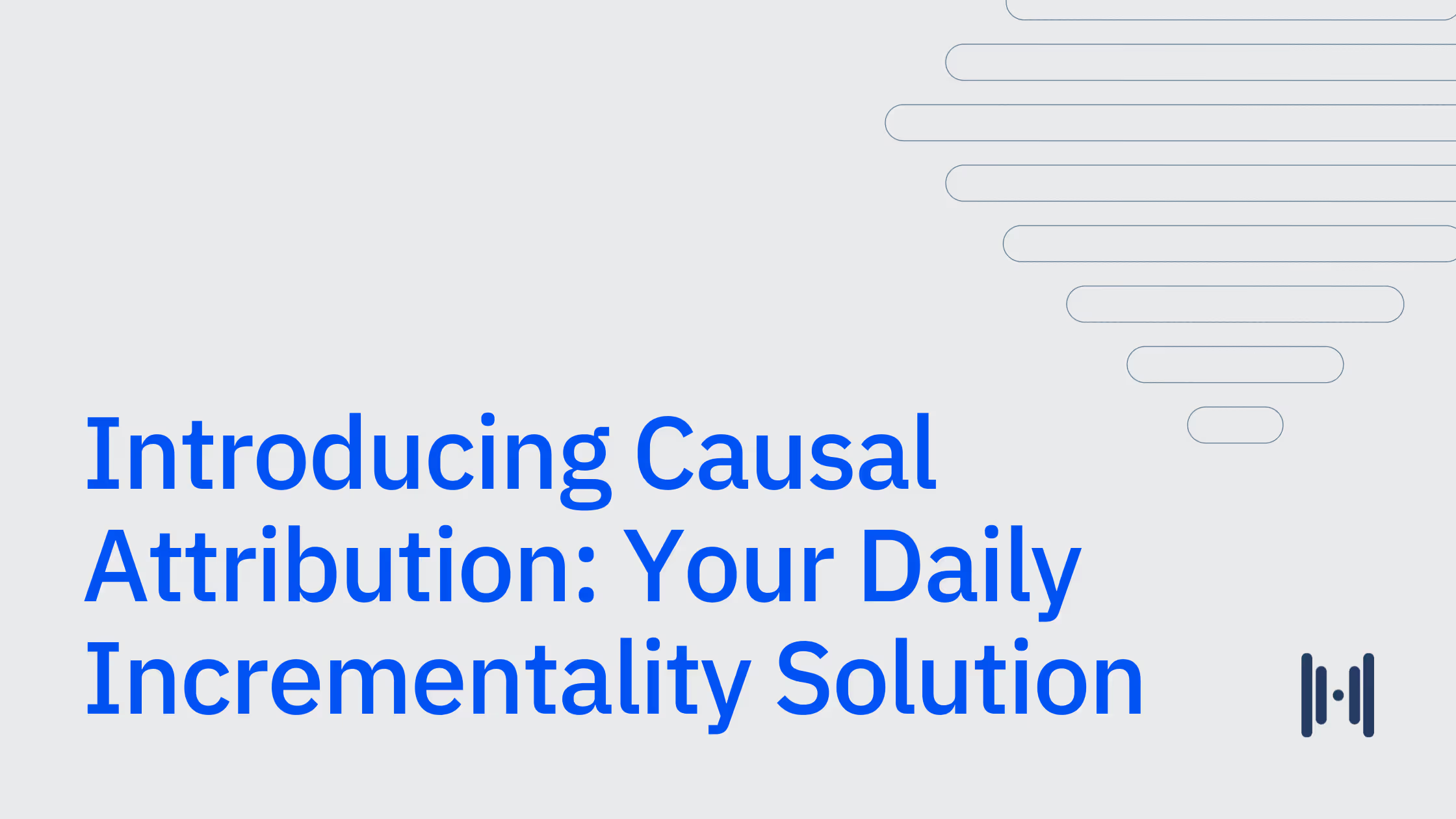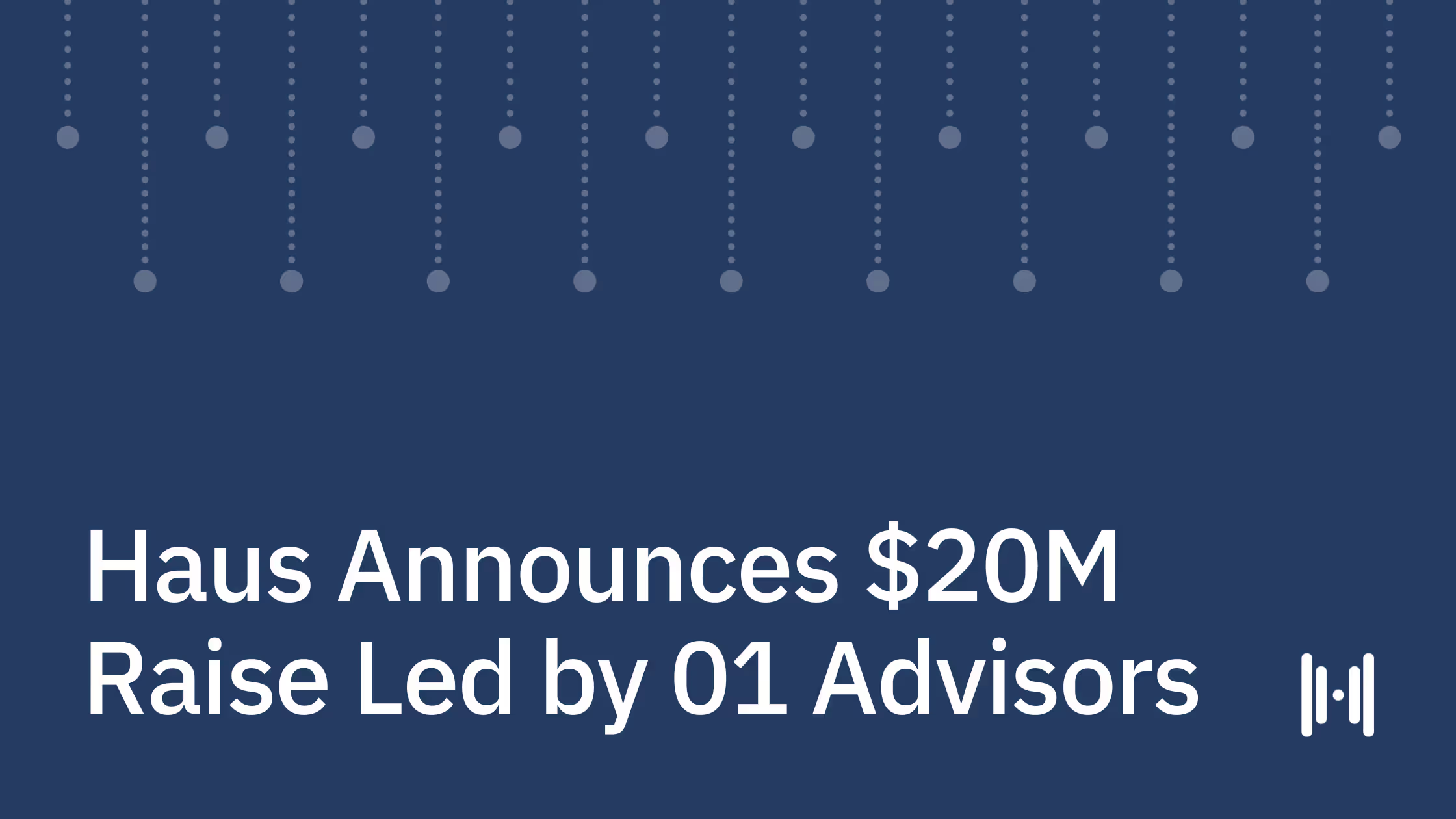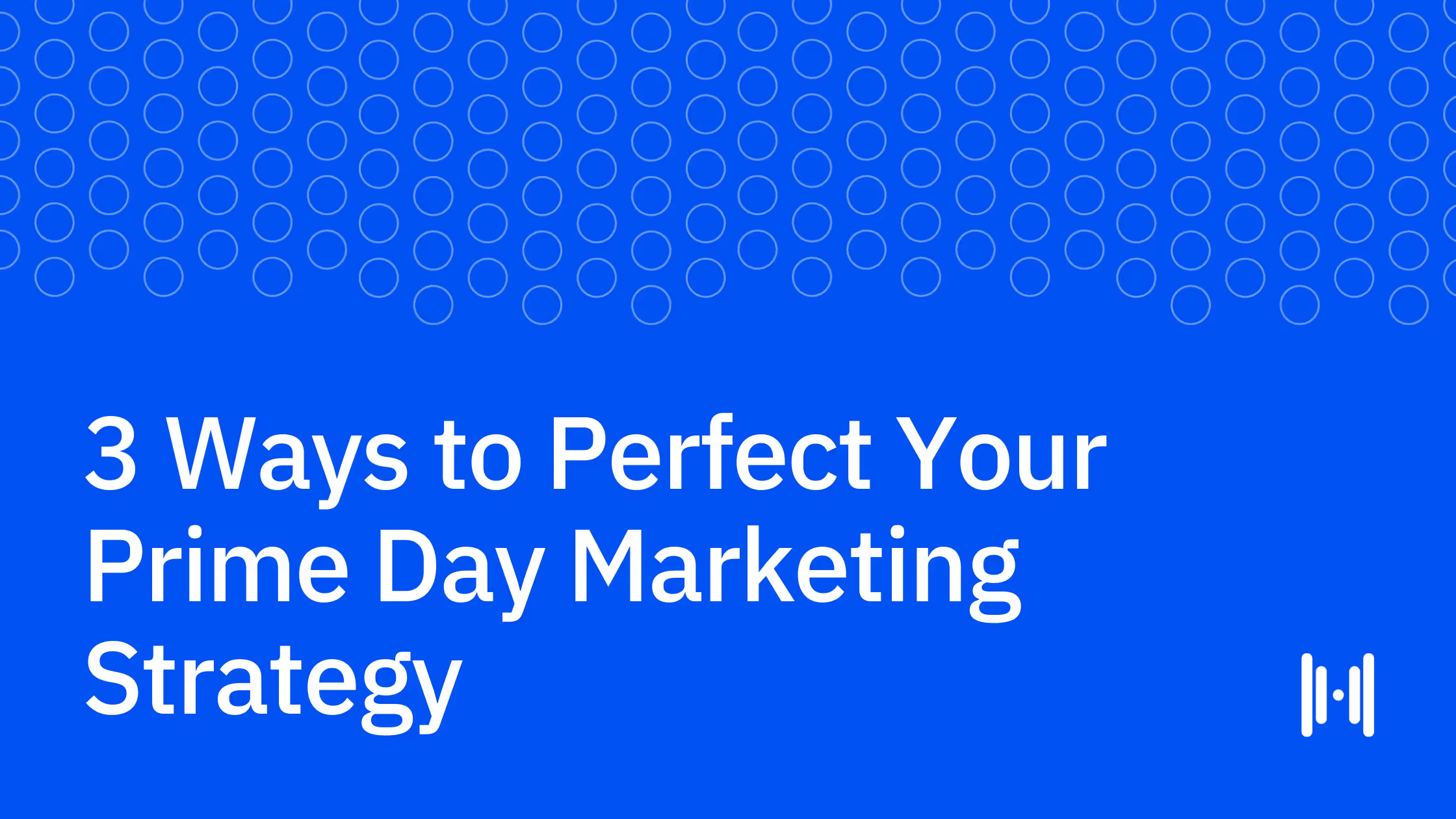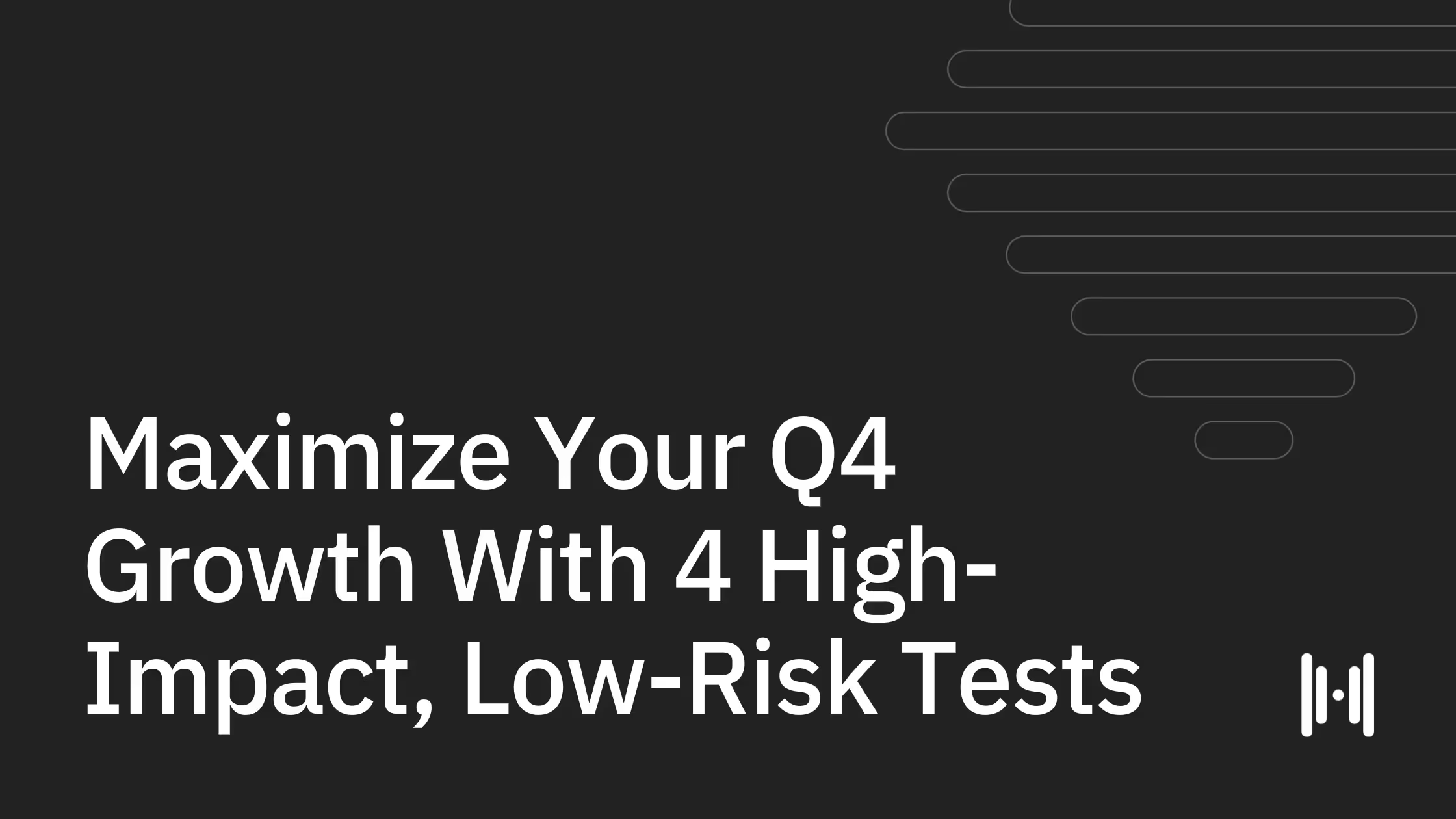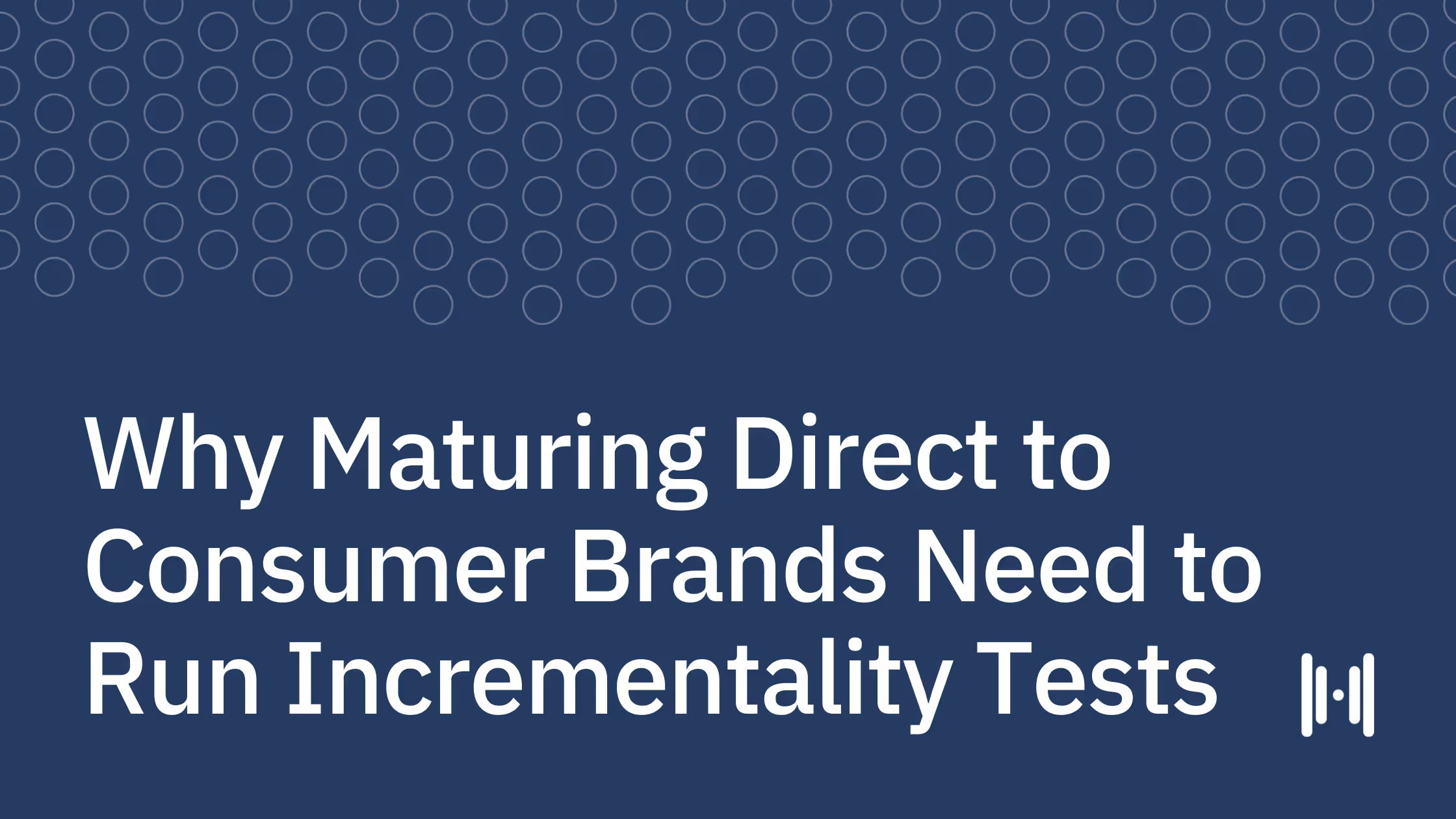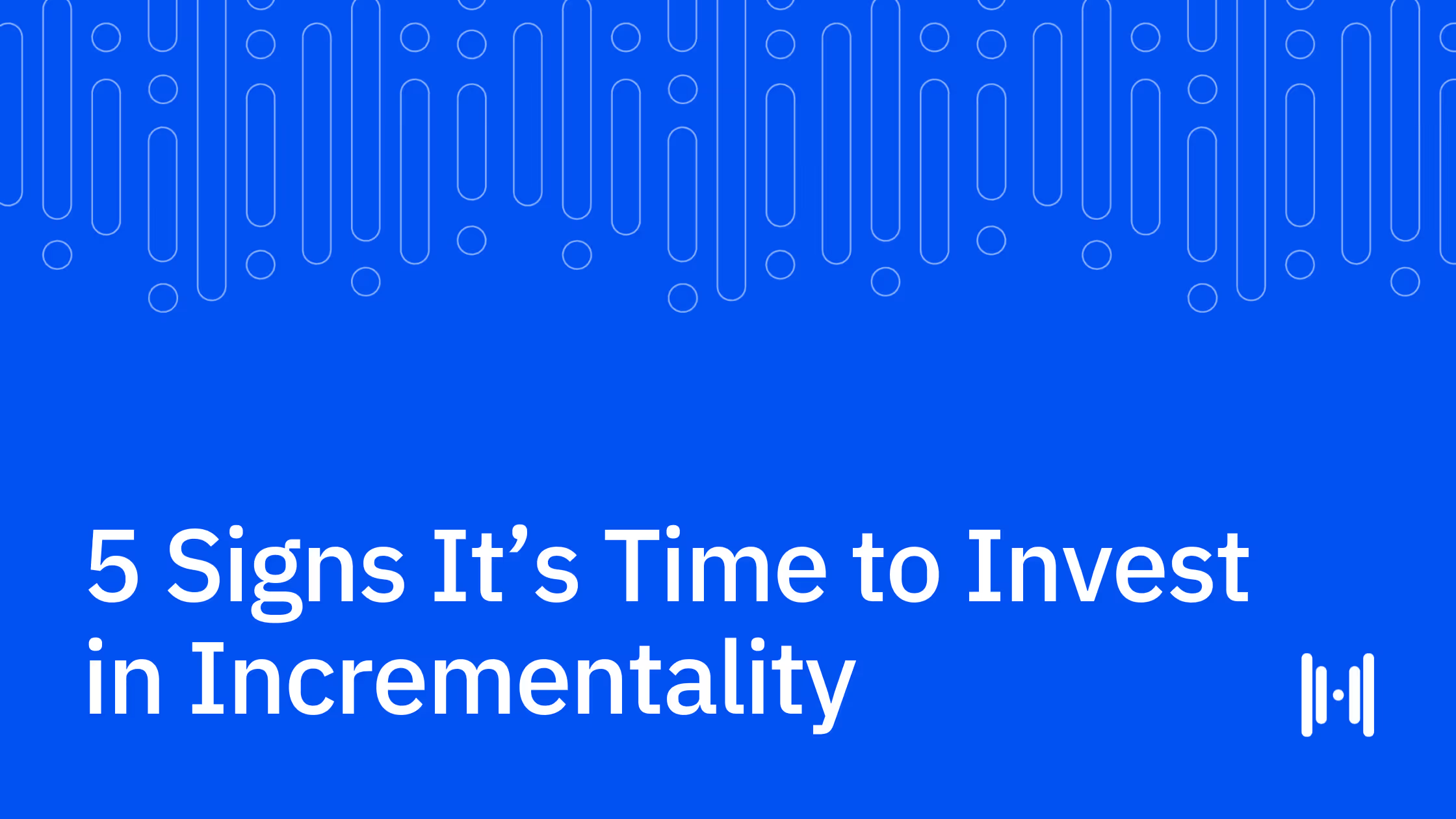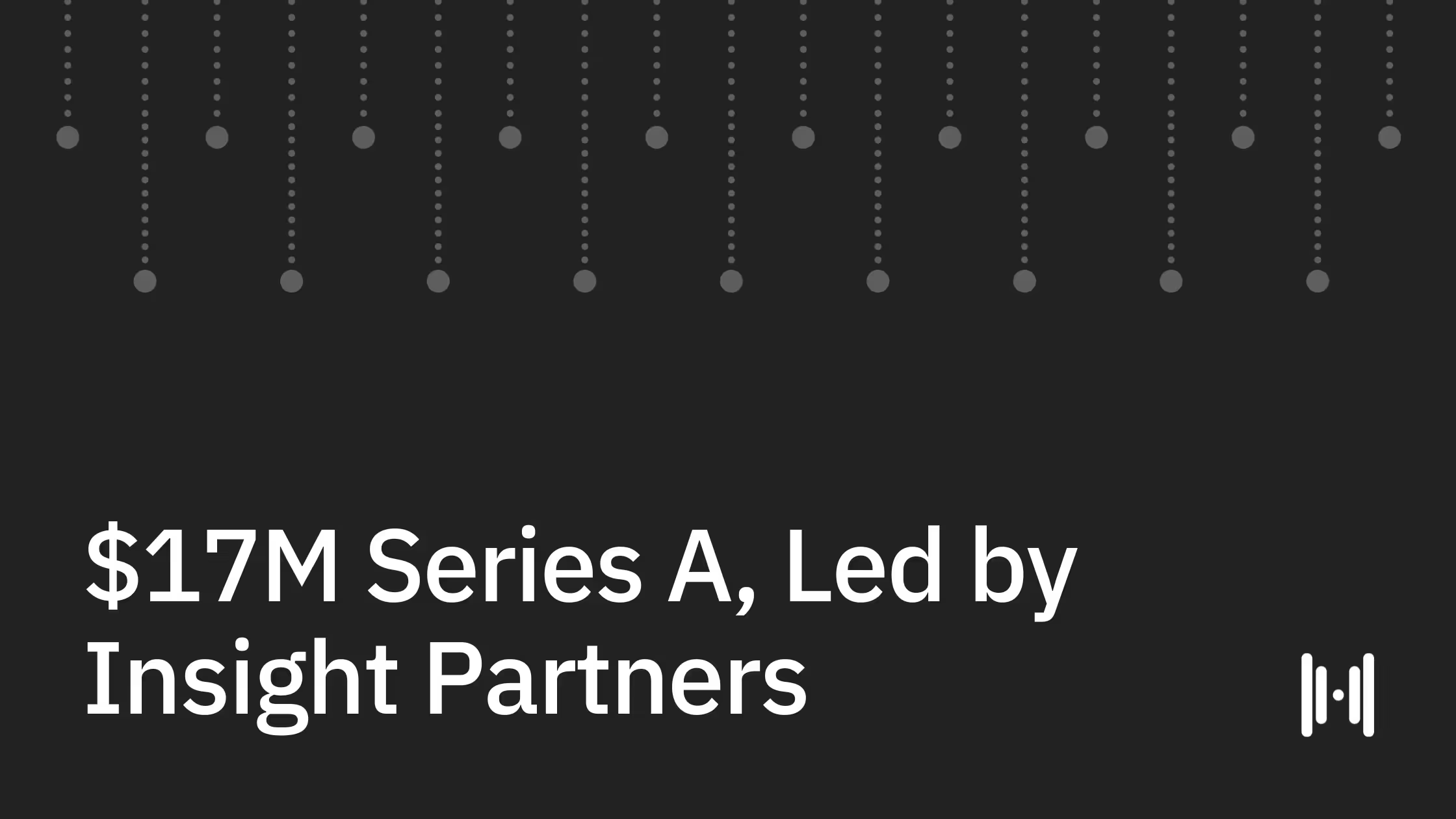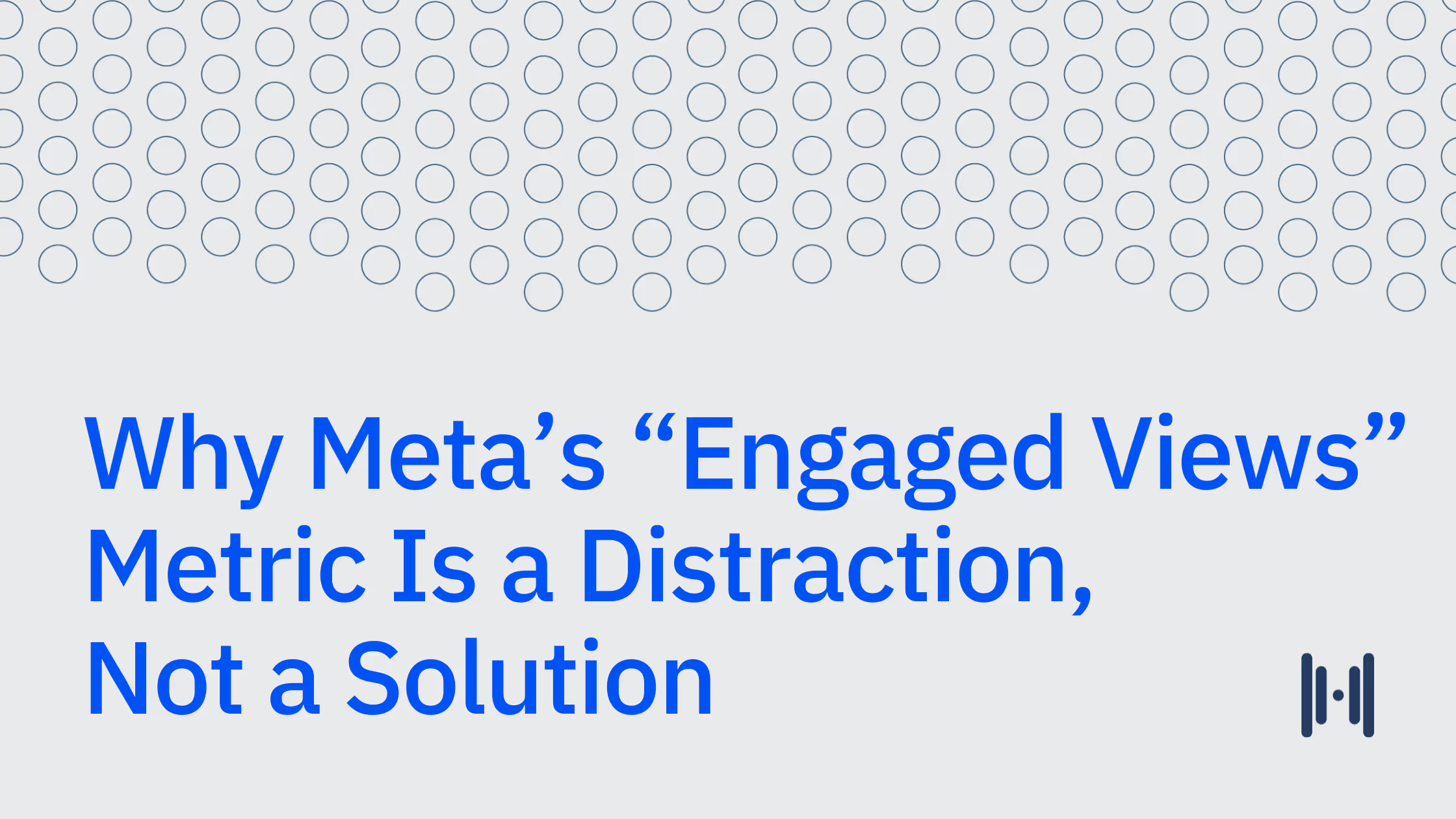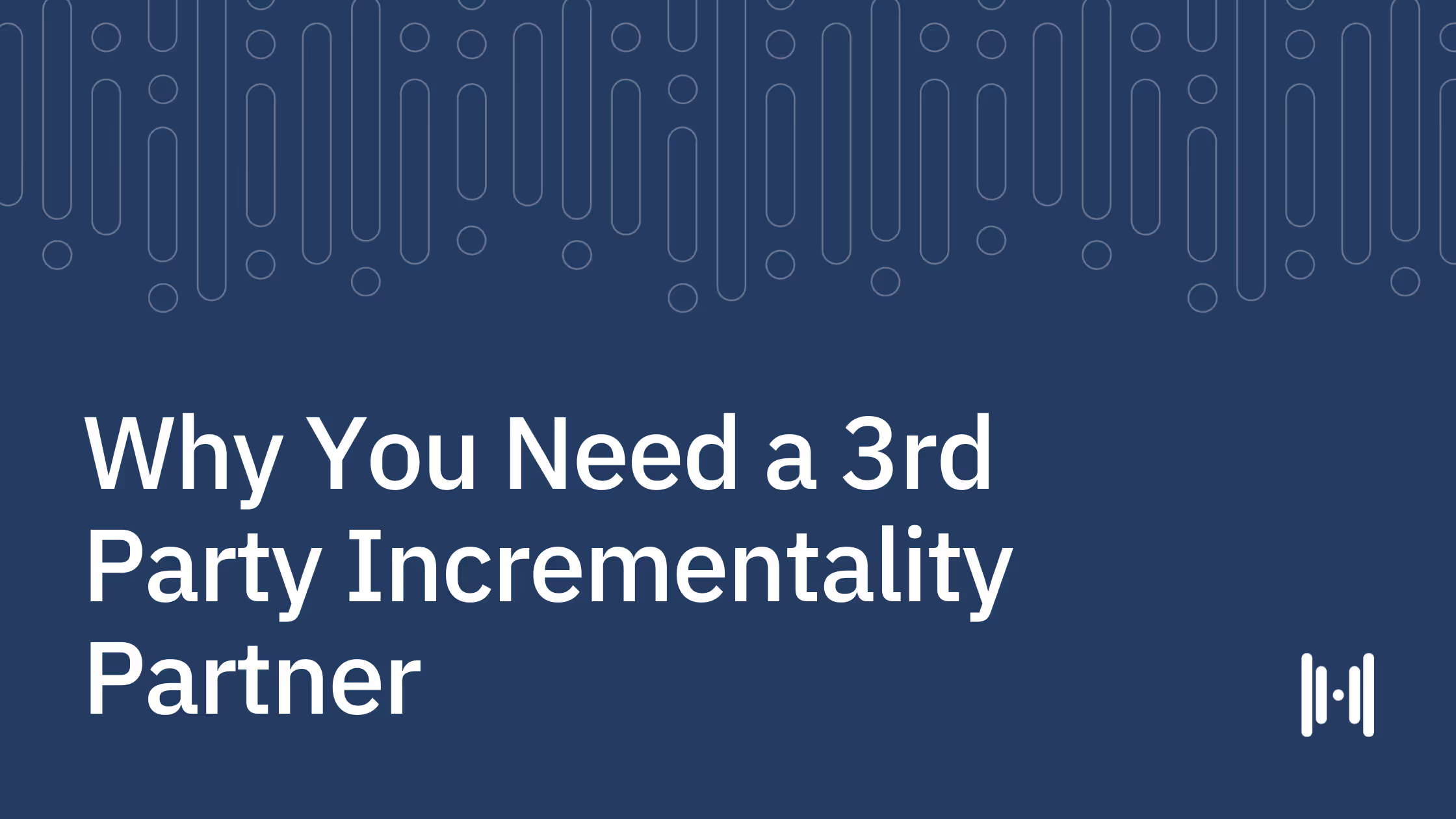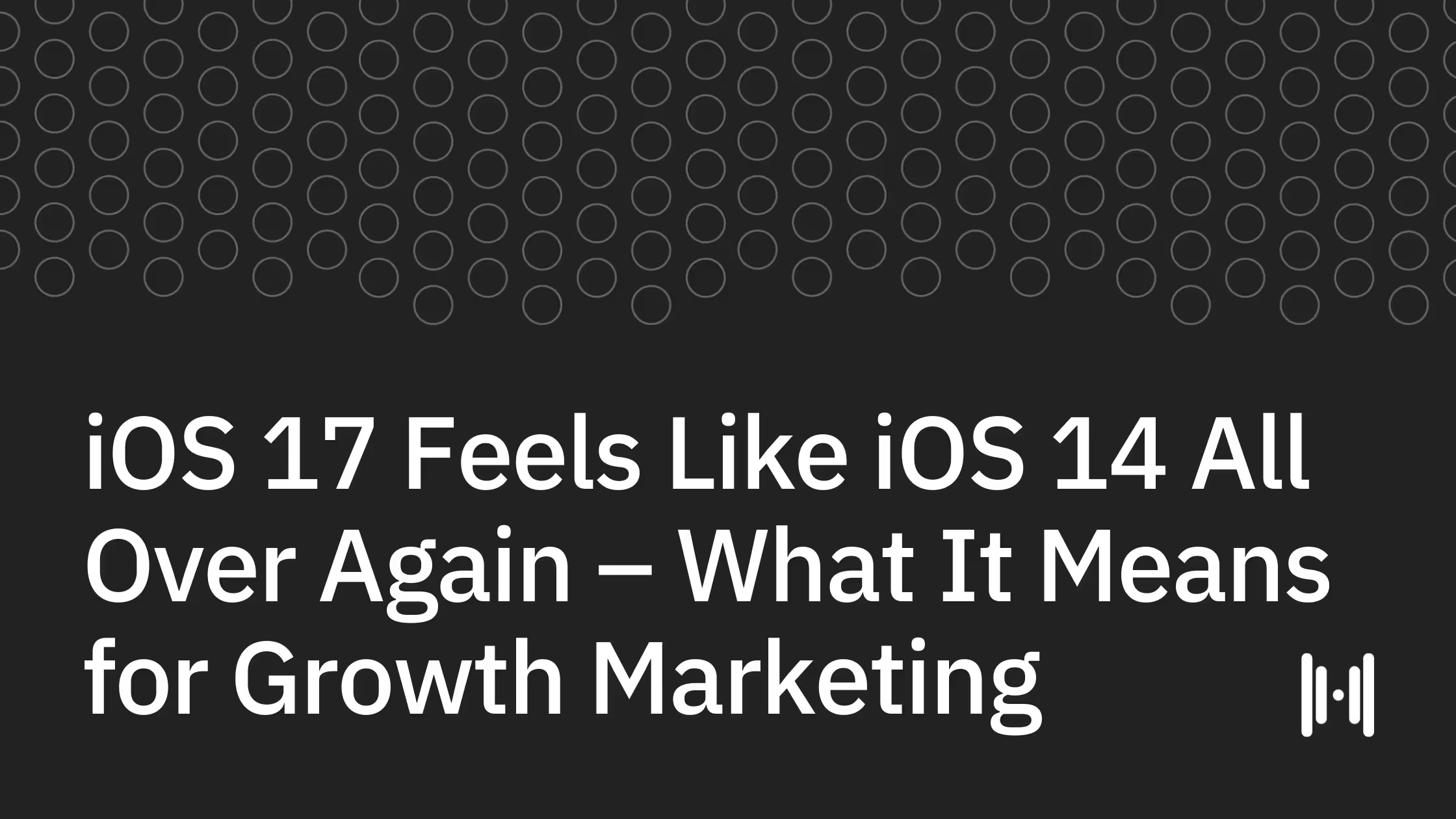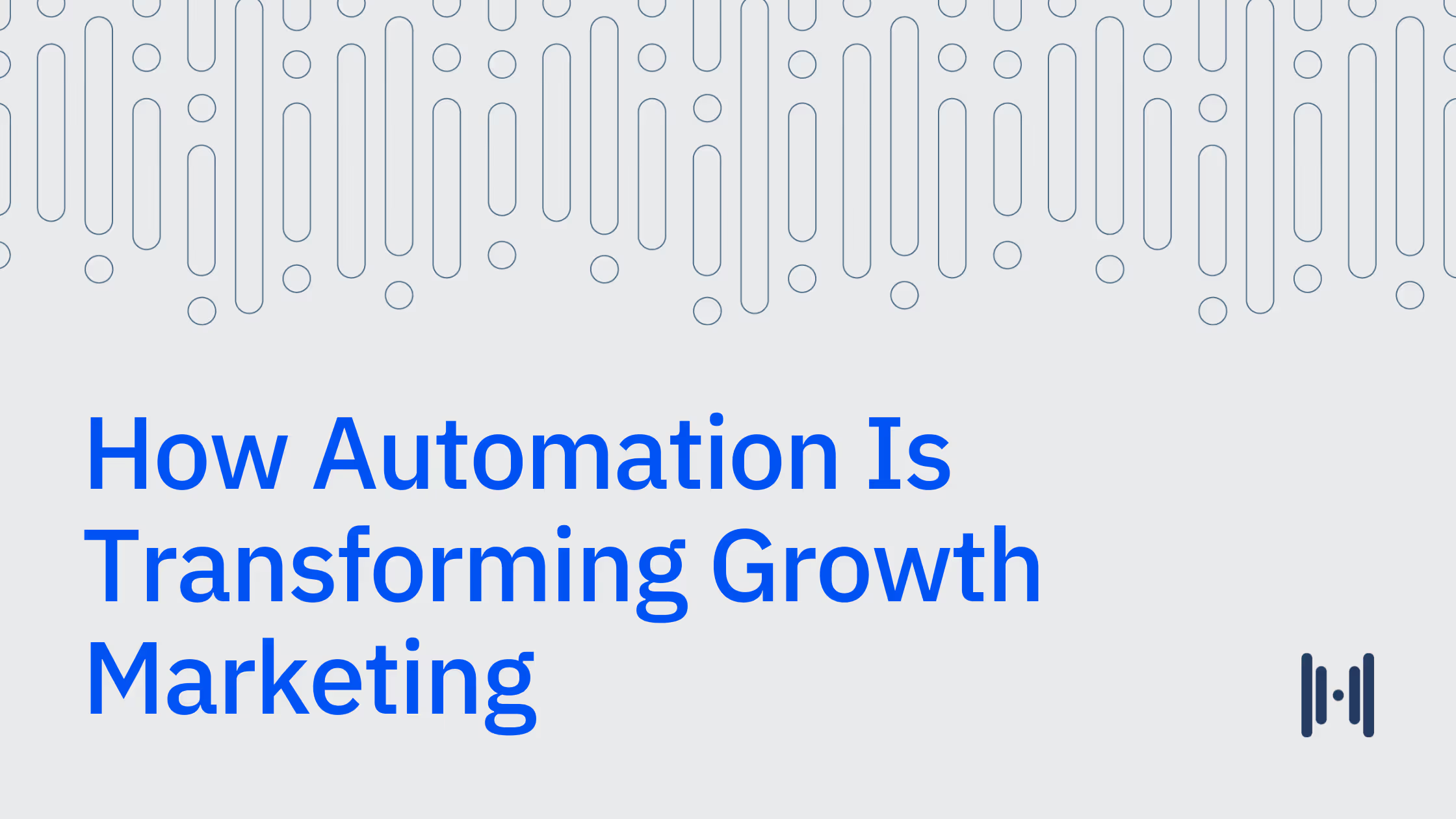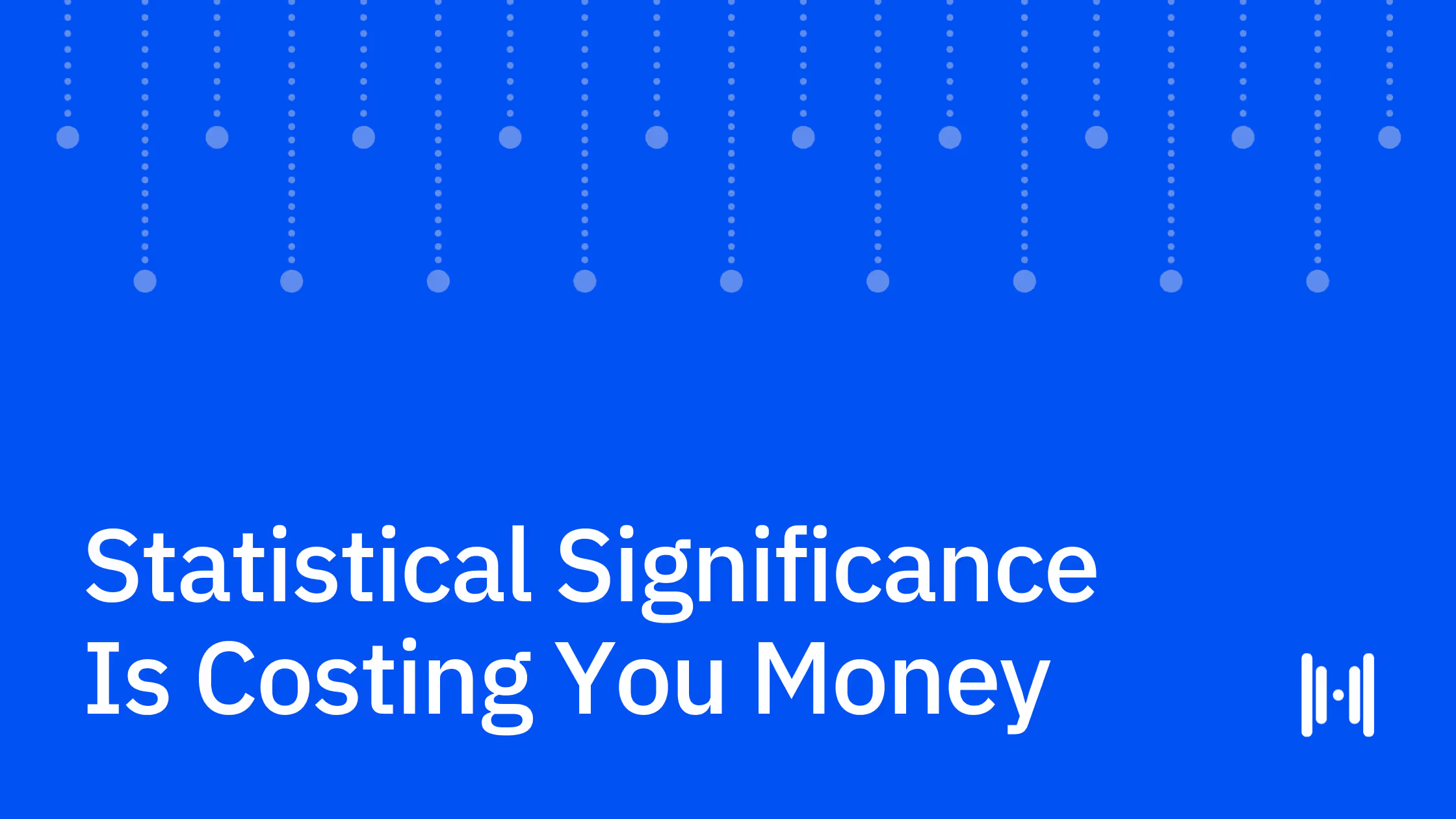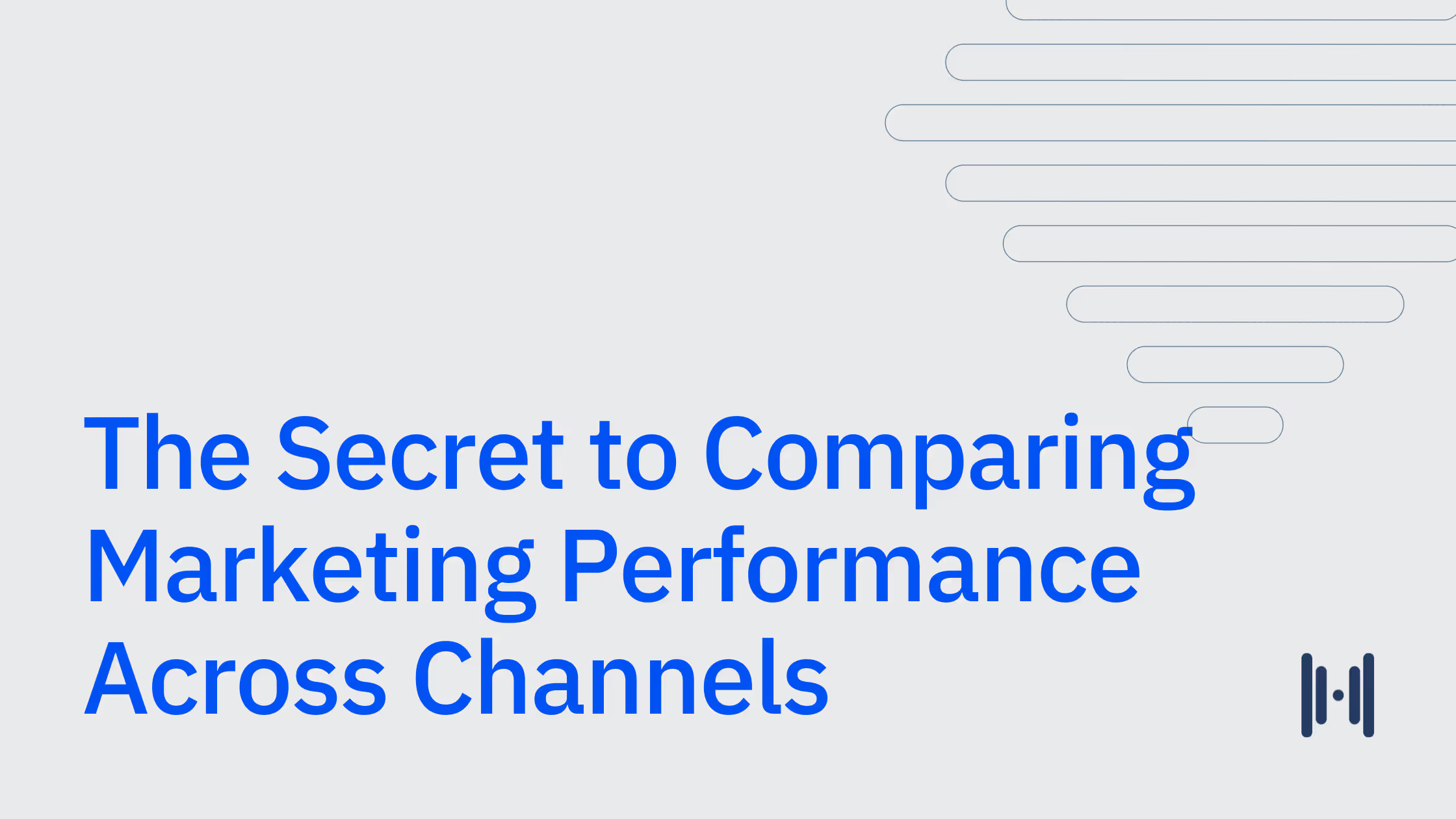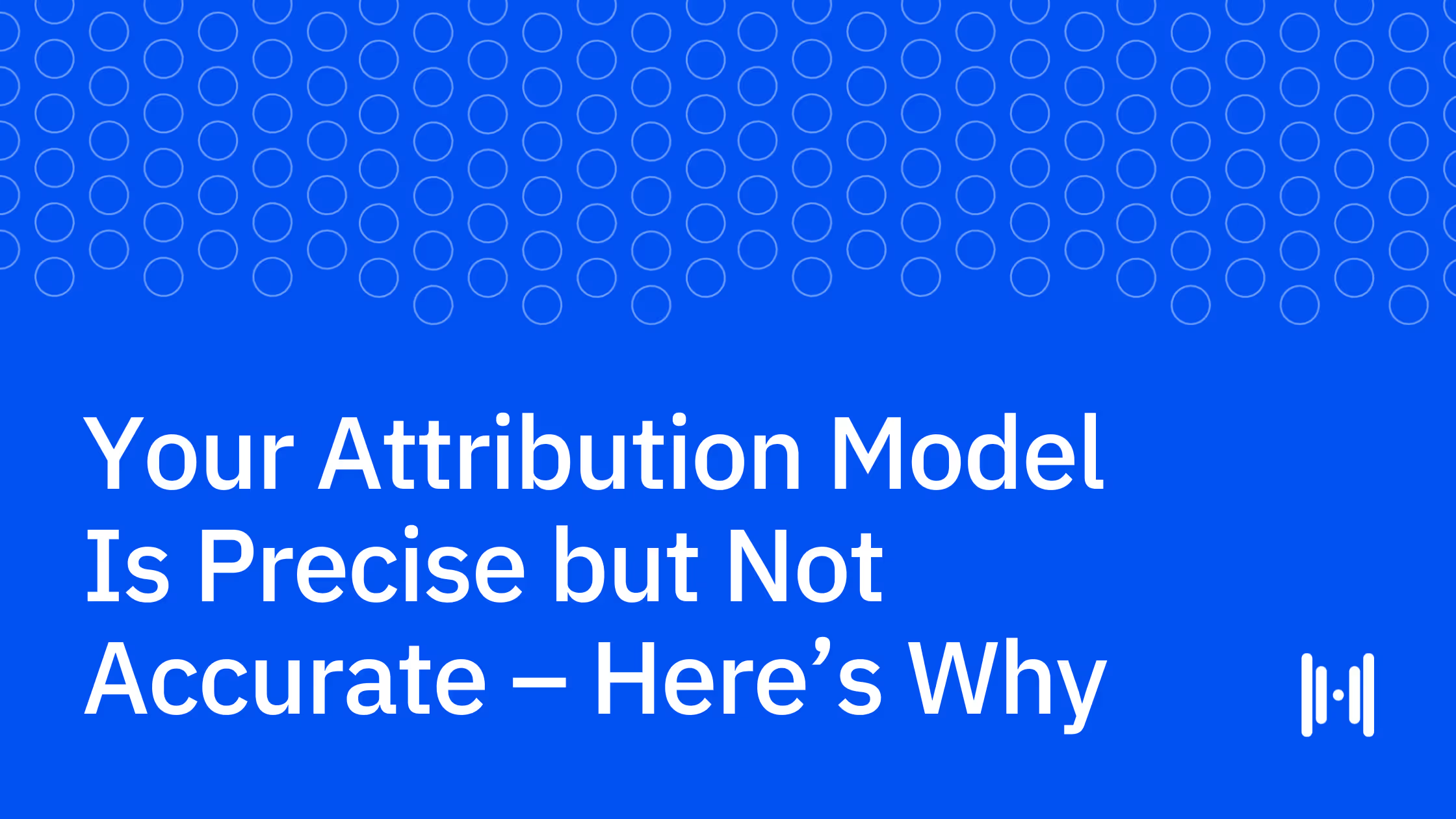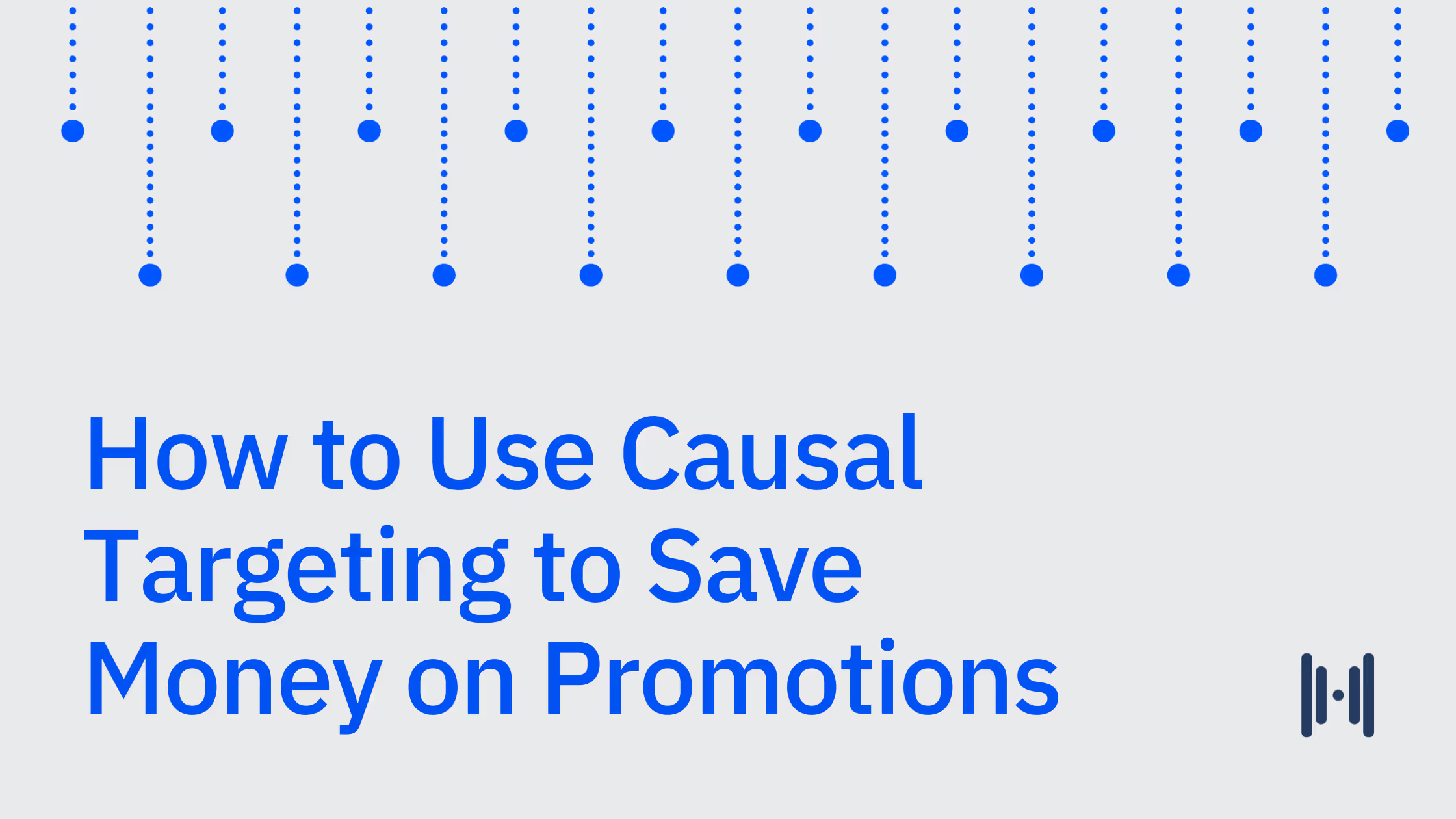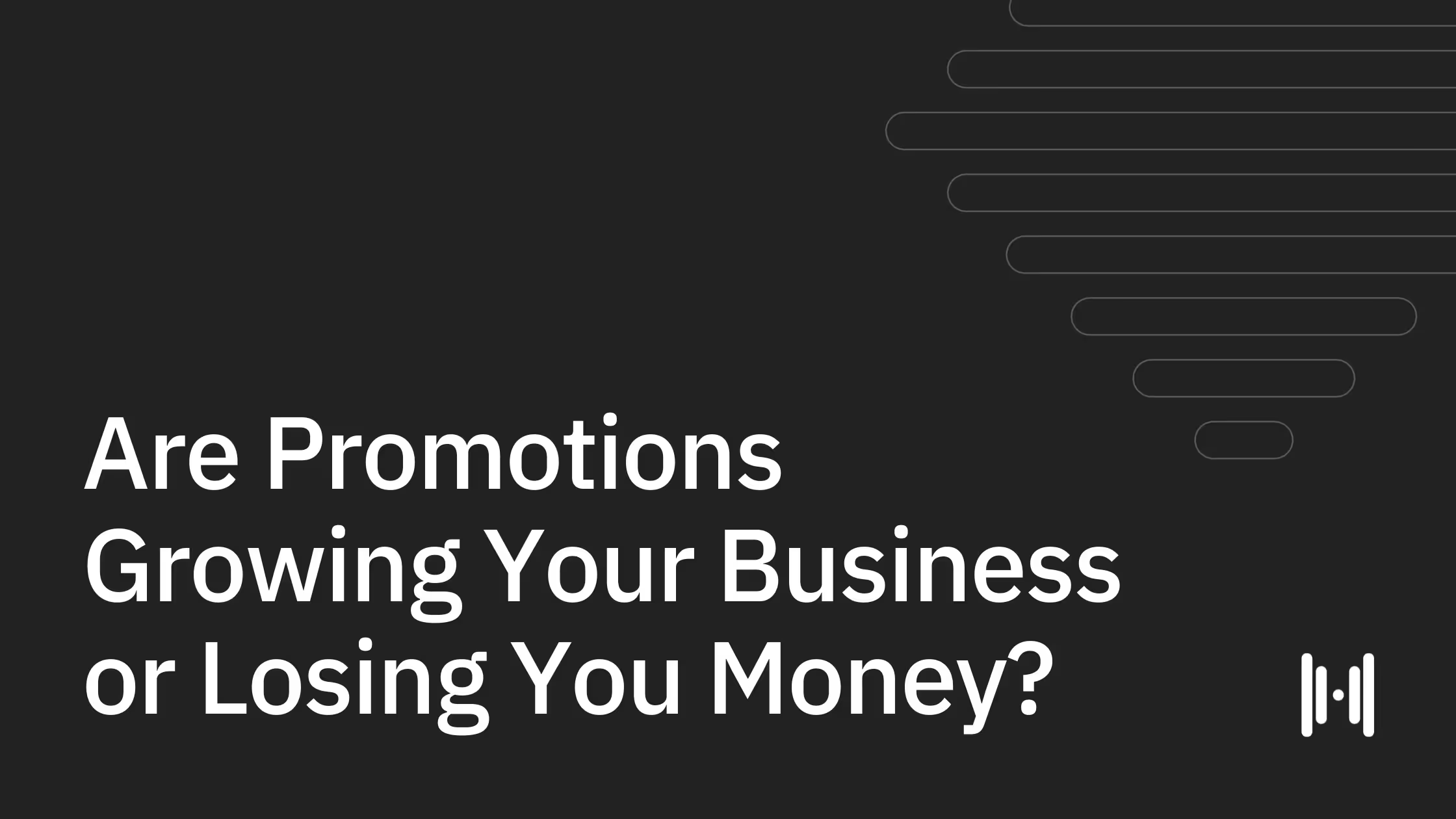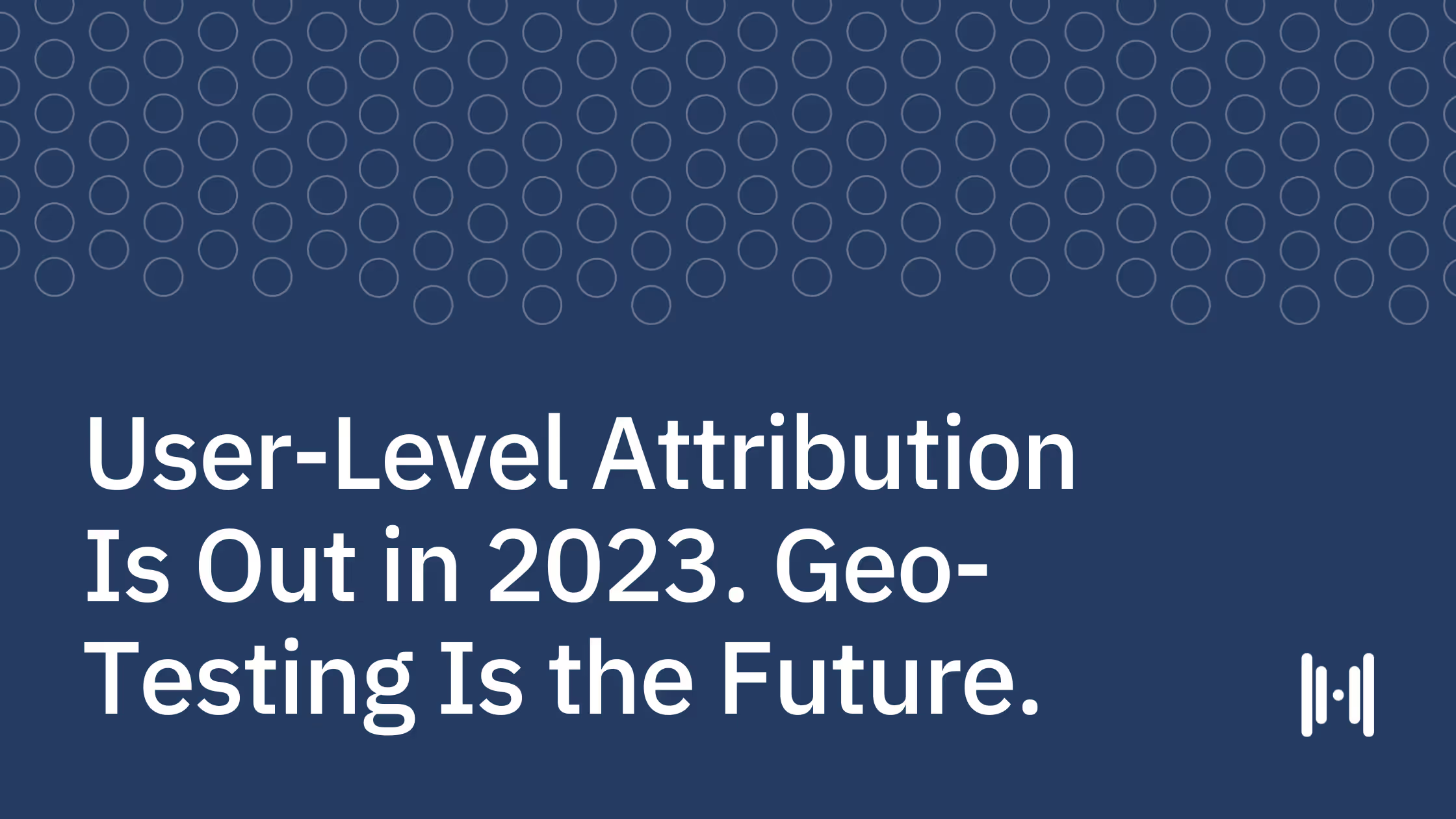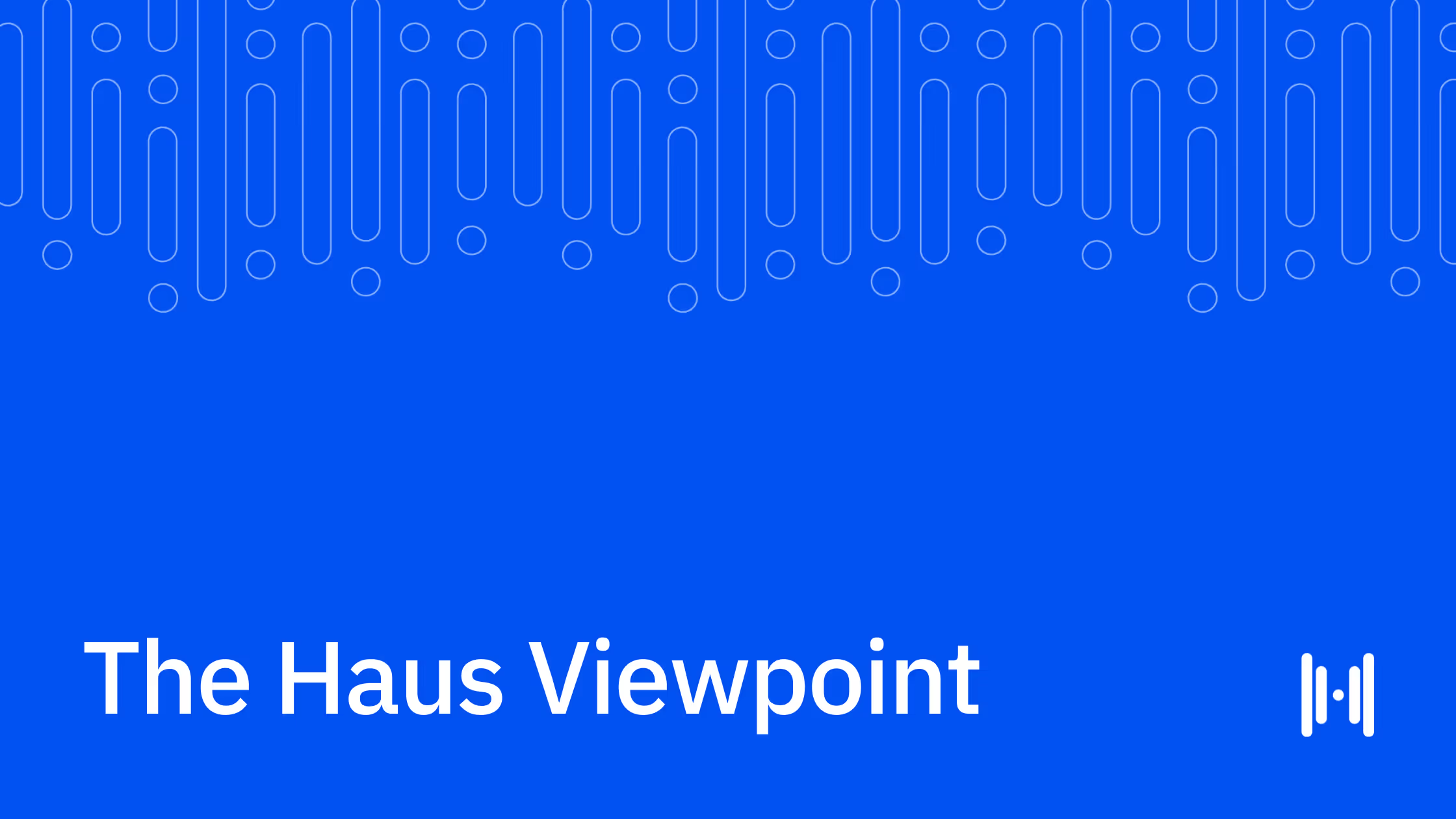World-Renowned Economist Susan Athey Joins Haus As Scientific Advisor
In this Q&A, John Bates Clark Medal-winning economist Susan Athey discusses why Haus is a company she just had to be a part of.
Zach Epstein, CEO
•
Oct 6, 2025
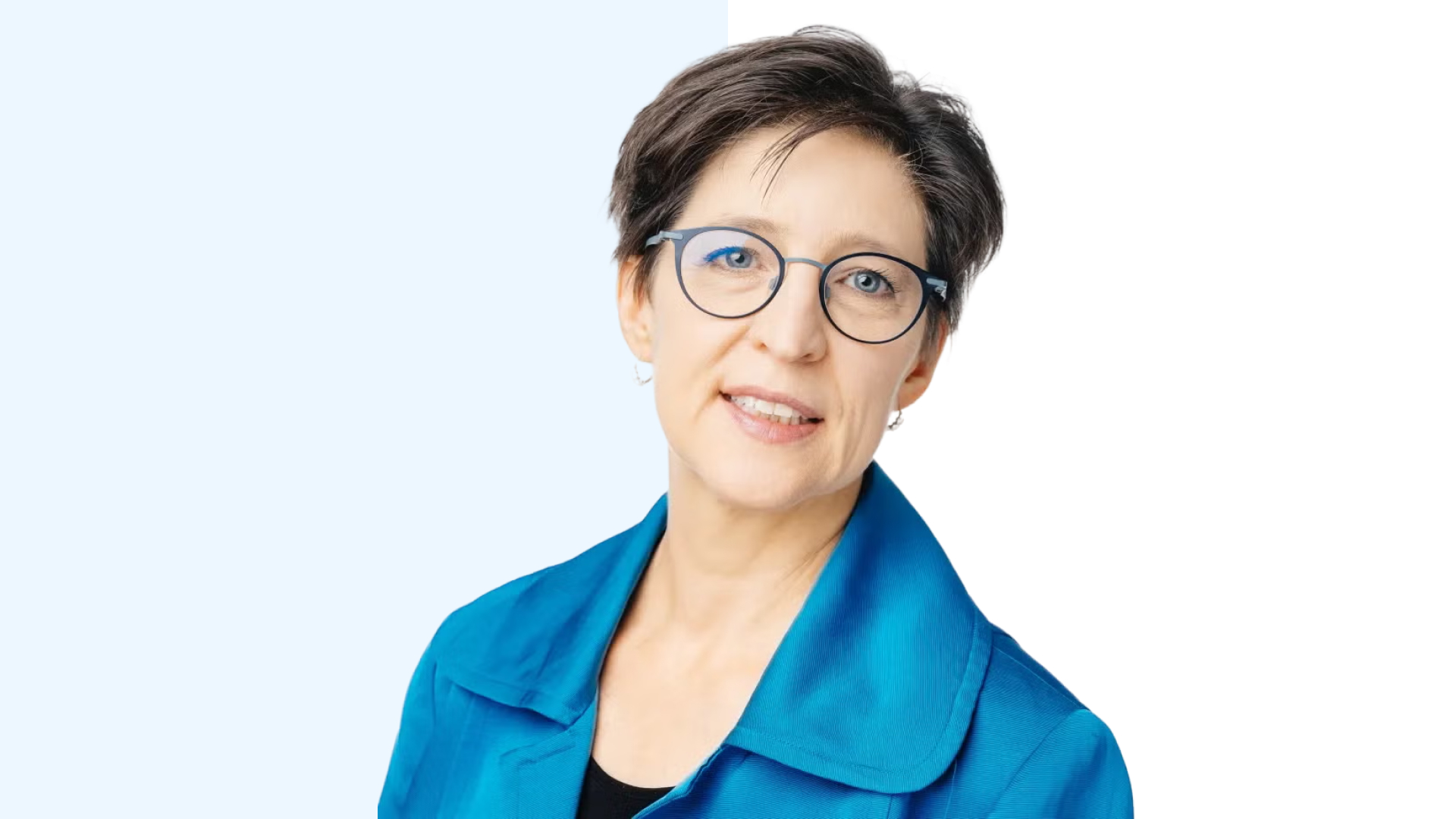
World-renowned economist Susan Athey is officially a Scientific Advisor with Haus.
For marketers, Susan might be a new name – but for economists and causal inference scholars, she is a revered luminary.
Susan’s accomplishments span from winning the John Bates Clark Medal to serving as the consulting Chief Economist at Microsoft to her work today as a Professor at Stanford’s Graduate School of Business and the Associate Director for the Stanford Institute for Human-Centered Artificial Intelligence.
From Day 1, science has been the backbone of what we do at Haus. Establishing causality is really hard to do well, and we’ve invested in a world-class econometrics team that’s one of our defining differentiators as a business. Having Susan join the team only strengthens our resolve to build the best causal inference solutions in the world so companies can make the most strategic, unbiased investment decisions day in and day out.
Of all the places where Susan could spend her time, we’re humbled and proud that some of that precious time is with Haus. Below, enjoy a Q&A with the incomparable Susan Athey.
You’re a remarkably accomplished economist. What makes Haus a business you just had to be a part of?
Haus: For those unfamiliar with your work, a quick, incomplete highlight reel:
- You won the John Bates Clark Medal, widely regarded as Economics’ most prestigious award, second only to the Nobel Prize
- You served as the consulting Chief Economist at Microsoft
- You were appointed the Chief Economist of the Antitrust Division for the US Department of Justice
- You were a professor at MIT, Harvard, and now Stanford. Among many influential positions, you were one of the founding Associate Directors for Stanford Institute for Human-Centered Artificial Intelligence
- You previously served on the board of companies like Expedia, Lending Club, Rover, Turo, Ripple, and Innovations for Poverty Action
… your CV is beyond impressive. So: Why Haus?
Susan: First, Haus brings together several long-standing passions of mine – I have been working in the area of digital advertising since the mid-2000s, in my academic research, as an architect for the Bing advertising platform, as an advisor and board member for firms that relied critically on digital advertising, and in my antitrust policy work. Advertising plays such an important role in value creation – it helps consumers find what they need, which incentivizes firms to create exactly what customers need. This enables entry and innovation for firms ranging from small businesses creating niche products to specialized tech platforms and marketplaces like Rover, Turo, or Expedia.
Second, I have seen firsthand the inefficiency and missed opportunities for advertisers when they don’t optimize correctly. They may spend money in the wrong categories – for example, giving too much credit to the last click before a purchase or failing to capture key customer insights that can be derived from customer engagement with ads.
In response to those observations, I developed a lot of statistical methodology that would support better decision-making by advertisers, and I’m thrilled to work with a company that is committed to creating and adopting best-in-class methods to solve advertiser problems.
What do you see as the most promising areas and opportunities for Haus to create value and innovation?
Susan: Haus is investigating how leading indicator metrics can drive long-term revenue for businesses. This will allow businesses to understand how marketing investments today translate into revenue outcomes over time, even if the outcome isn't immediately apparent.
Beyond that, Haus is building a media mix model on top of its library of experiment data across customers. Because of the volume of experiments that have been run through Haus, the model is better able to estimate causal effects, enabling customers to do scenario planning around changing budgets across channels.
You’re based in Silicon Valley, one of the top areas in the world for innovation. How uncommon is it to run into a startup that places such a strong emphasis on econometrics and causal inference? Why does that matter?
Susan: Over the last twenty years I’ve worked closely with the largest tech firms and the newest startups. Historically, the top five tech firms hired top scientists to work on internal optimization of their platform, but that know-how was not available to smaller firms.
Haus has a unique culture that democratizes access to world-class methods for estimating the causal effects of advertising, enabling businesses to benefit from algorithmic development that would be otherwise difficult to replicate.
You navigate both the halls of Stanford and the boardrooms of global companies. How do you bridge theory with real-world application?
Susan: For me, solving a problem is an incredible motivator – but also, it serves as my scientific inspiration. Nothing gets my juices flowing more than seeing an opportunity to improve efficiency and outcomes for a widespread challenge.
Solving a problem doesn’t start from the technical – it starts from understanding the source of the challenge, why it hasn’t been solved already, and what the impediments are.
Often, framing the problem involves understanding the organizational and decision-making context alongside the realities of measurement challenges, data collection, and scarce human resources. I enjoy learning about all of these issues, and then figuring out how to distill them so that non-specialist decision-makers can understand what’s needed, step-by-step.
How would you describe “causal inference"?” Why is it so important – especially for marketers – and why is it so hard?
Susan: Marketers want to make decisions. Decision-making requires comparing alternatives and estimating what would have happened.
For example, imagine a user hadn’t seen an ad. Figuring that out without running experiments is hard – often a user encounters an ad because of an action they took in the past. So randomized experiments are crucial to ensuring that you get the right answer.
But that brings another challenge: Often a large amount of data is needed to get precise answers. By working with many advertisers and running many experiments, Haus is able to build better models that can be used to filter out the noise and isolate causal effects more precisely.
Most marketers aren’t PhD economists, and vice versa. What is the #1 thing you wish more marketers understood about economists, and what you wish more economists understood about marketers?
Susan: Economists have decades of experience trying to draw conclusions about cause and effect from messy data. The insights and tricks from this experience can be applicable in surprising ways, from figuring out just the right graph to support a conclusion to using models to link short- and long-term outcomes.
The real world is messy and complex, and so the expertise marketers bring in terms of understanding the digital advertising world and how to drive performance in that setting are crucial.
Lastly – you’ve been working with Haus for a few months now. How would you describe this team and the work?
Susan: The Haus team is fabulous – deeply knowledgeable about the ever-changing nuances of digital advertising, while simultaneously working at the cutting edge of science. It’s a pleasure.
This interview has been lightly edited for clarity and length. For press inquiries or requests for comment, please contact comms@haus.io.

.png)
.png)
.png)
.png)
.png)
.avif)
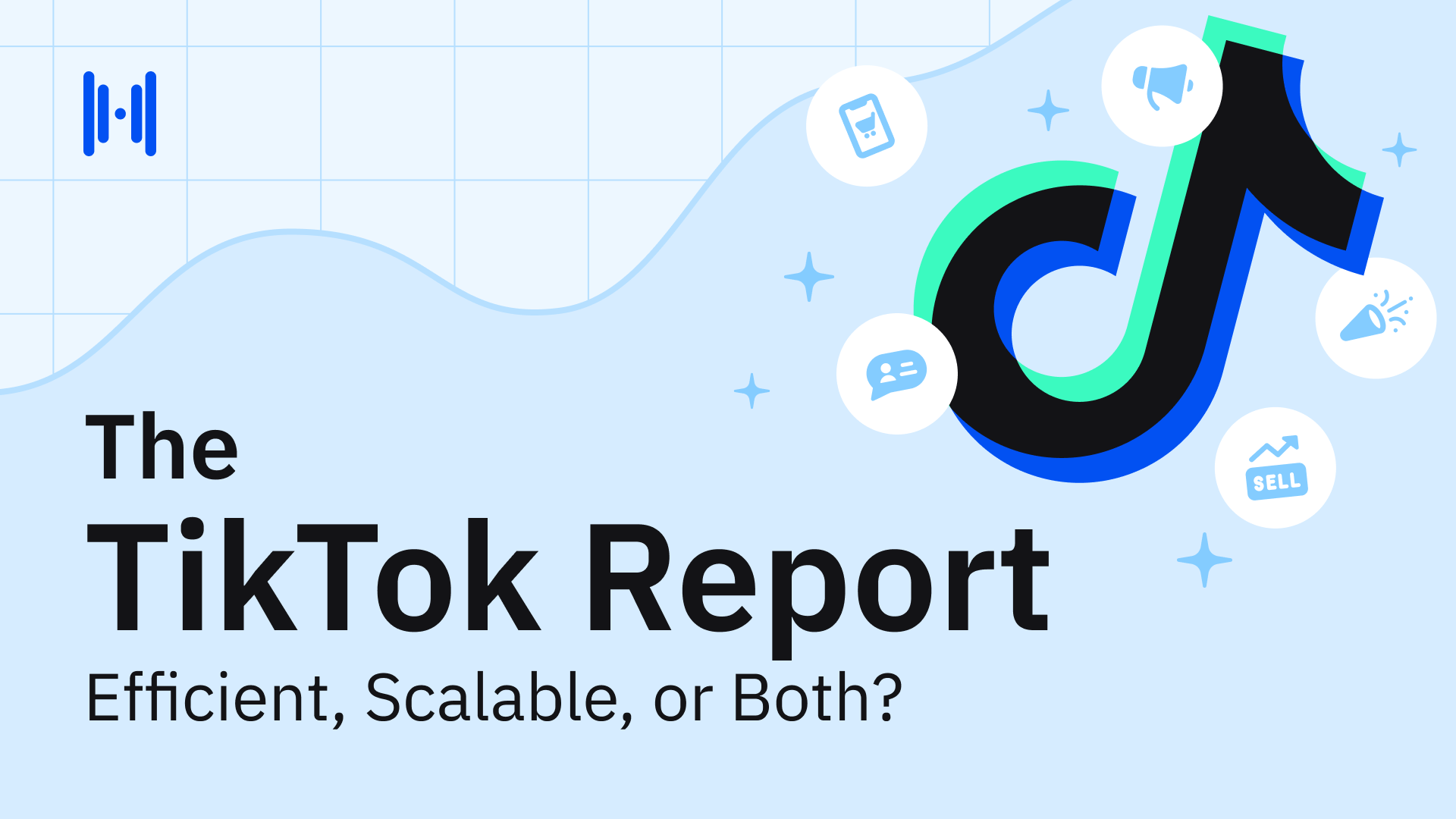

.png)
.png)
.png)
.png)
.png)
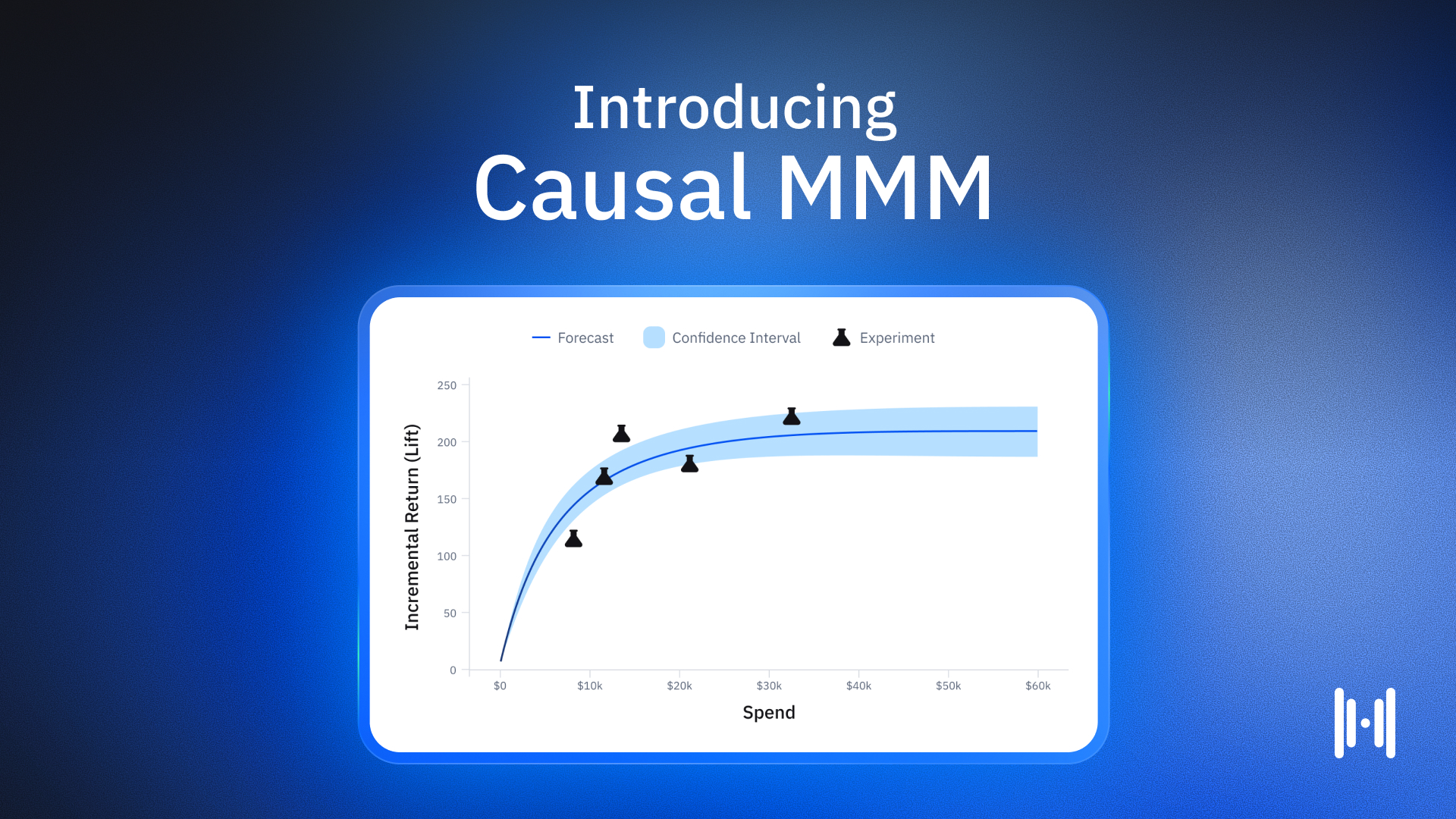
.avif)
.png)
.png)
.png)
.png)
.png)
.png)
.png)
.png)
.png)
.webp)
.webp)
.webp)
.webp)
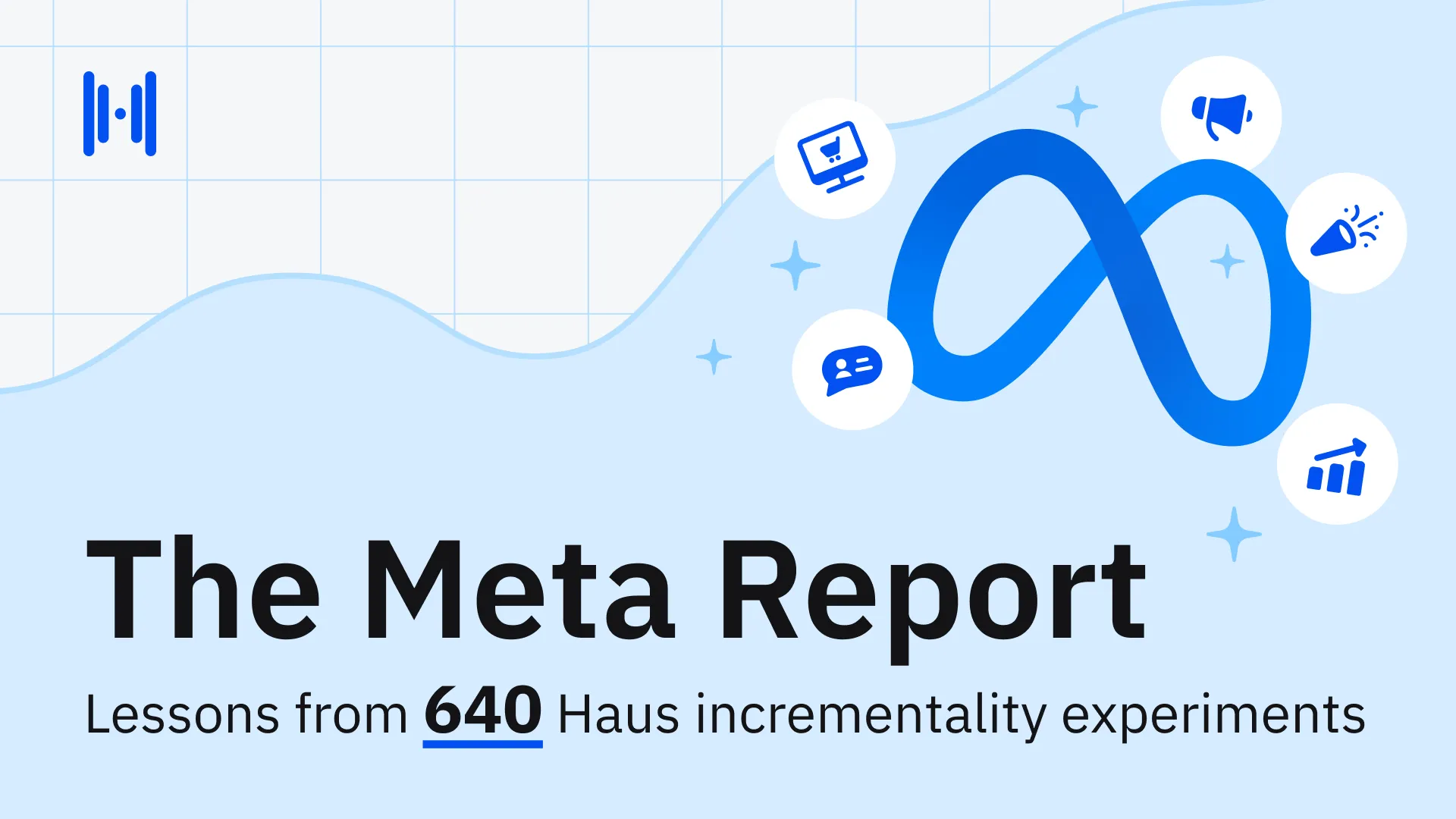
.webp)
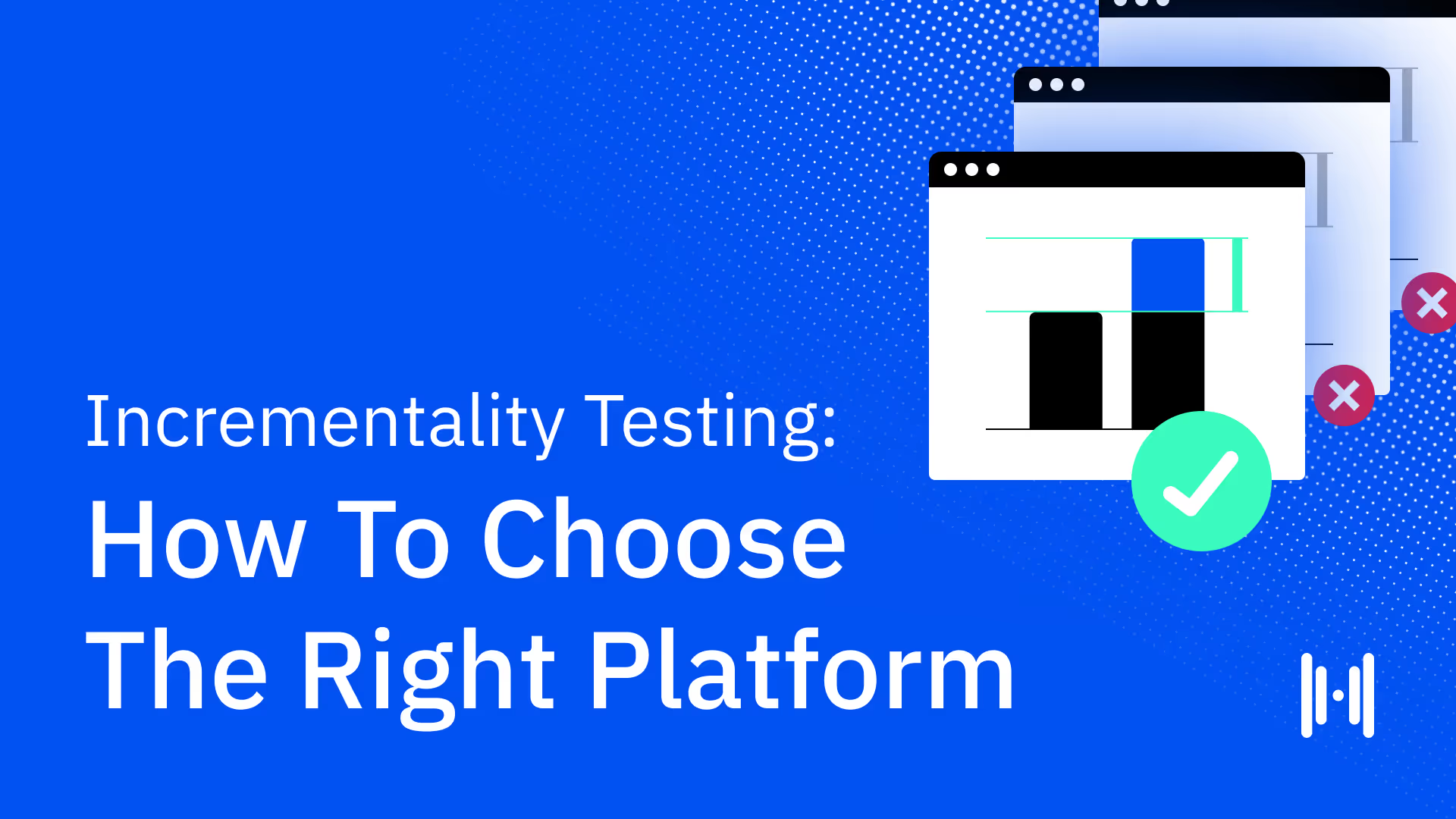
.webp)
.webp)
.webp)
.webp)
.webp)
.webp)
.webp)
.webp)
.webp)
.webp)
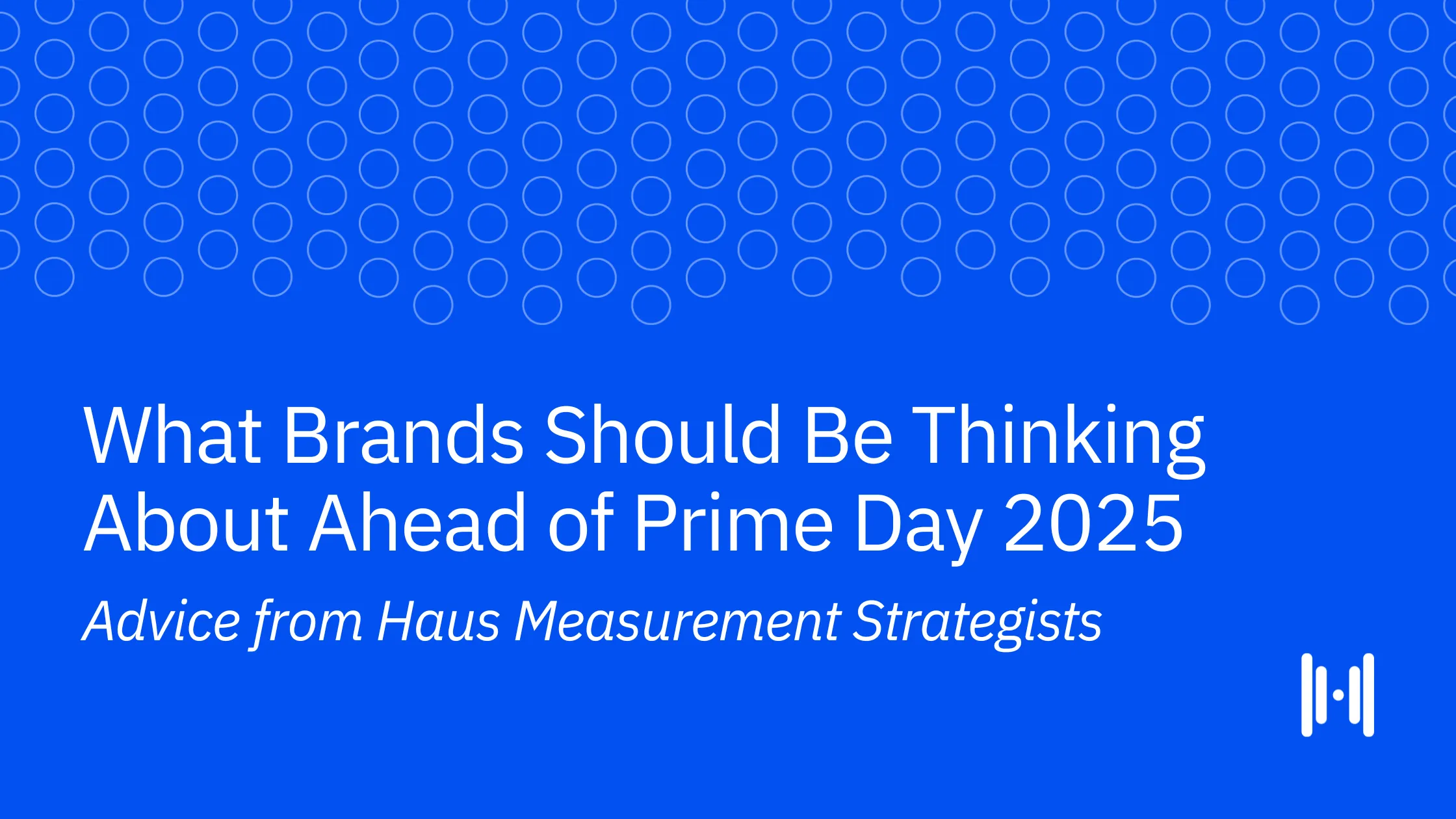
.webp)
.webp)
.webp)
.webp)
.webp)
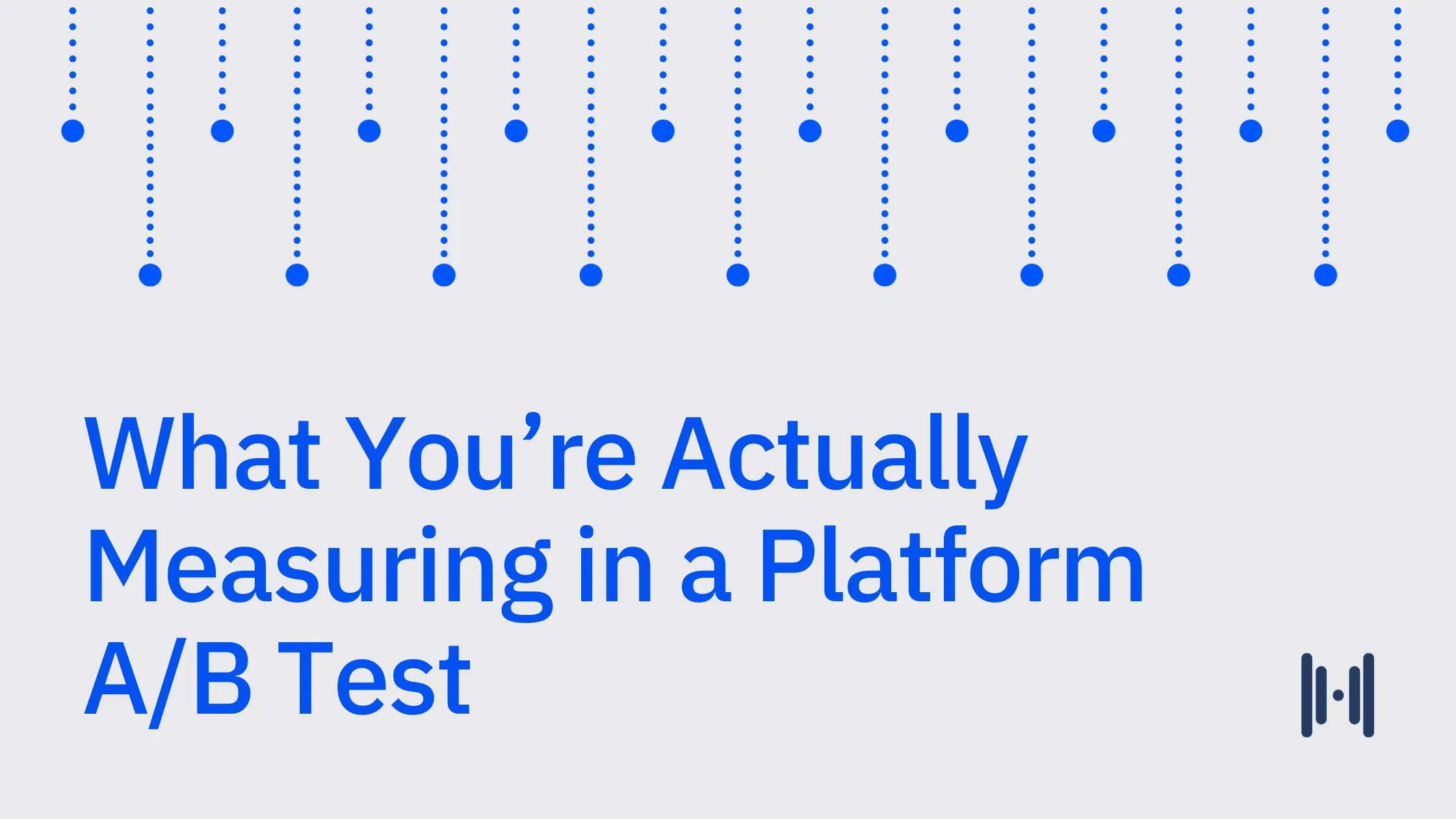
.webp)
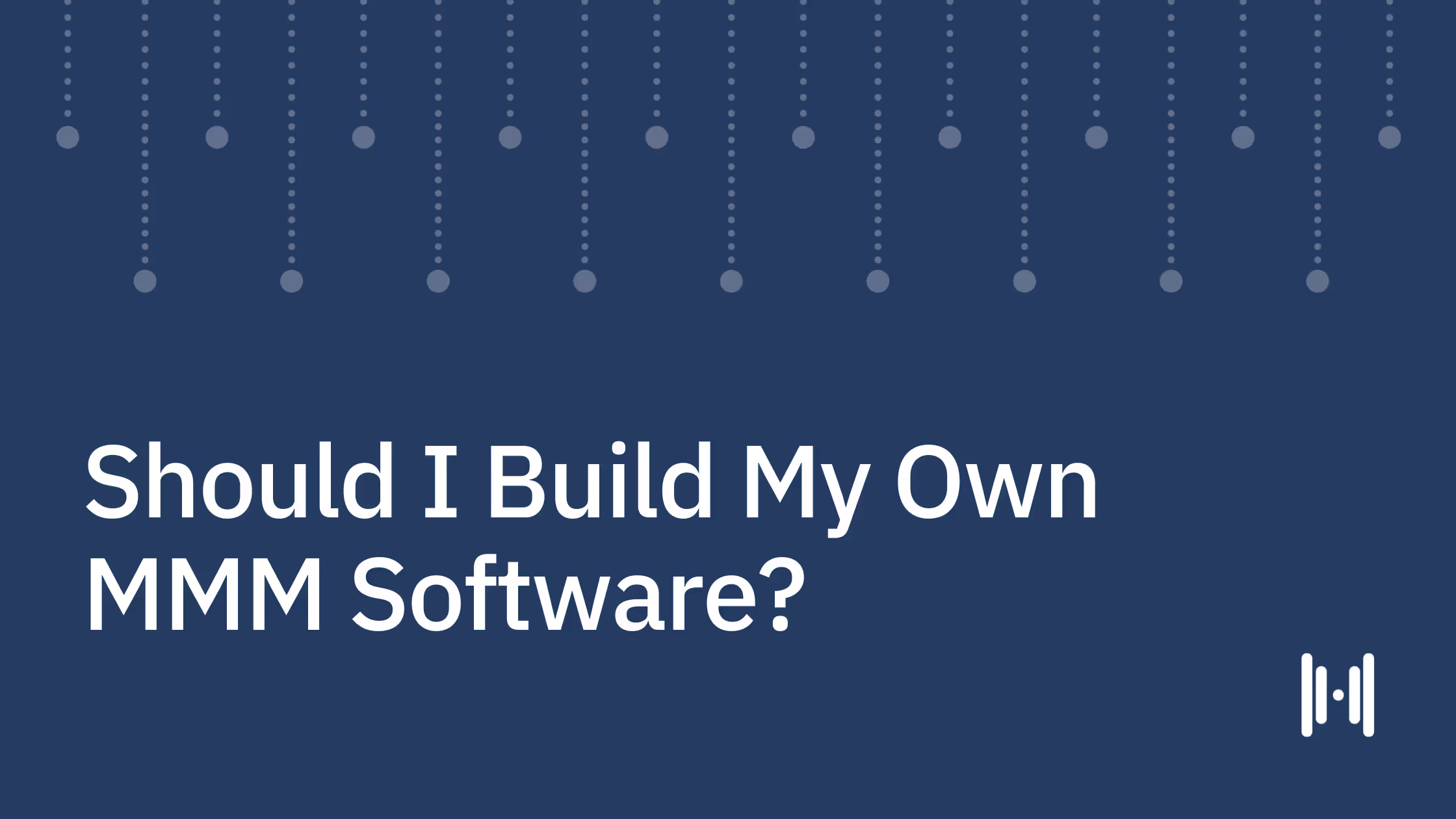
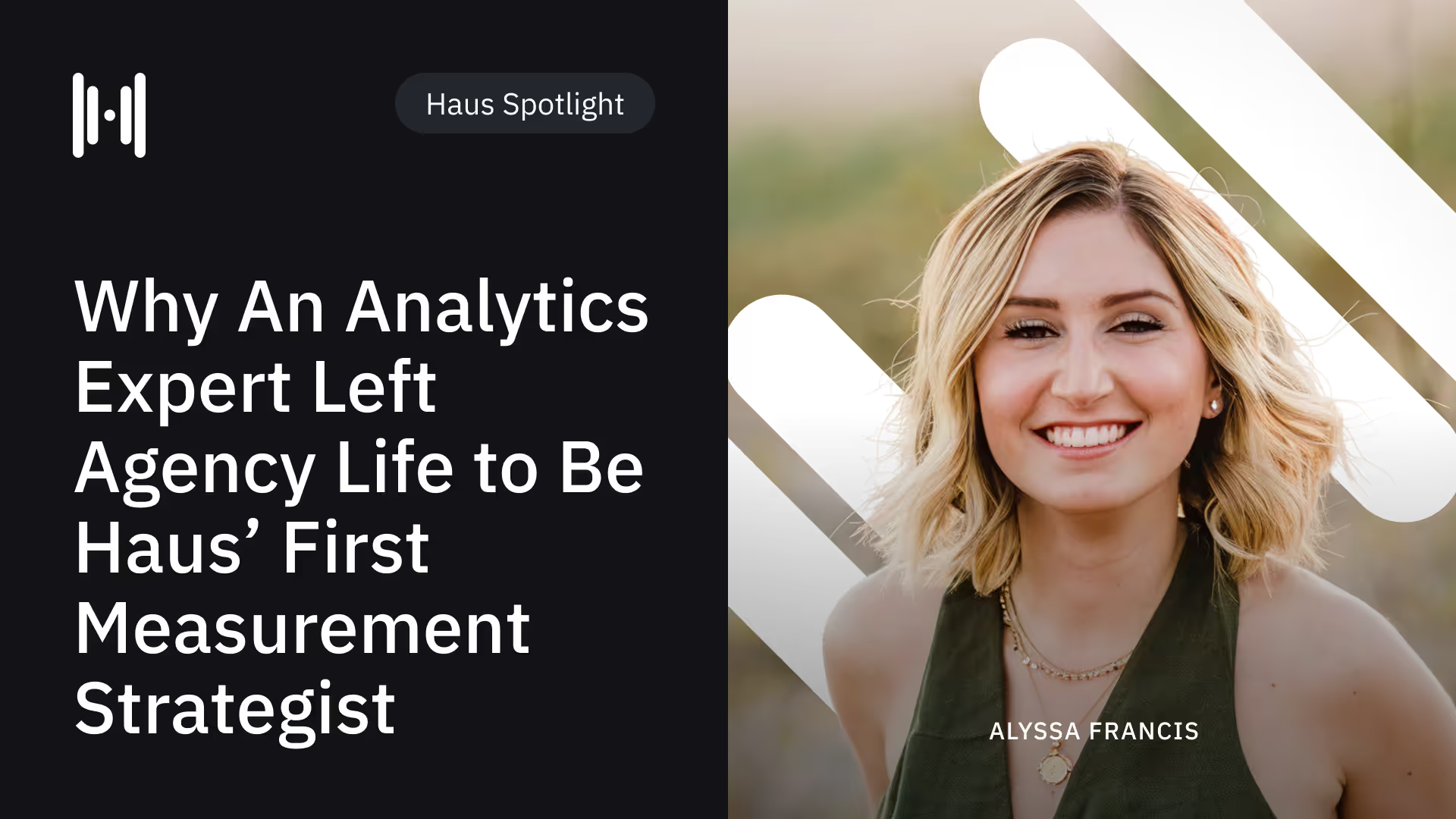
.avif)
.avif)
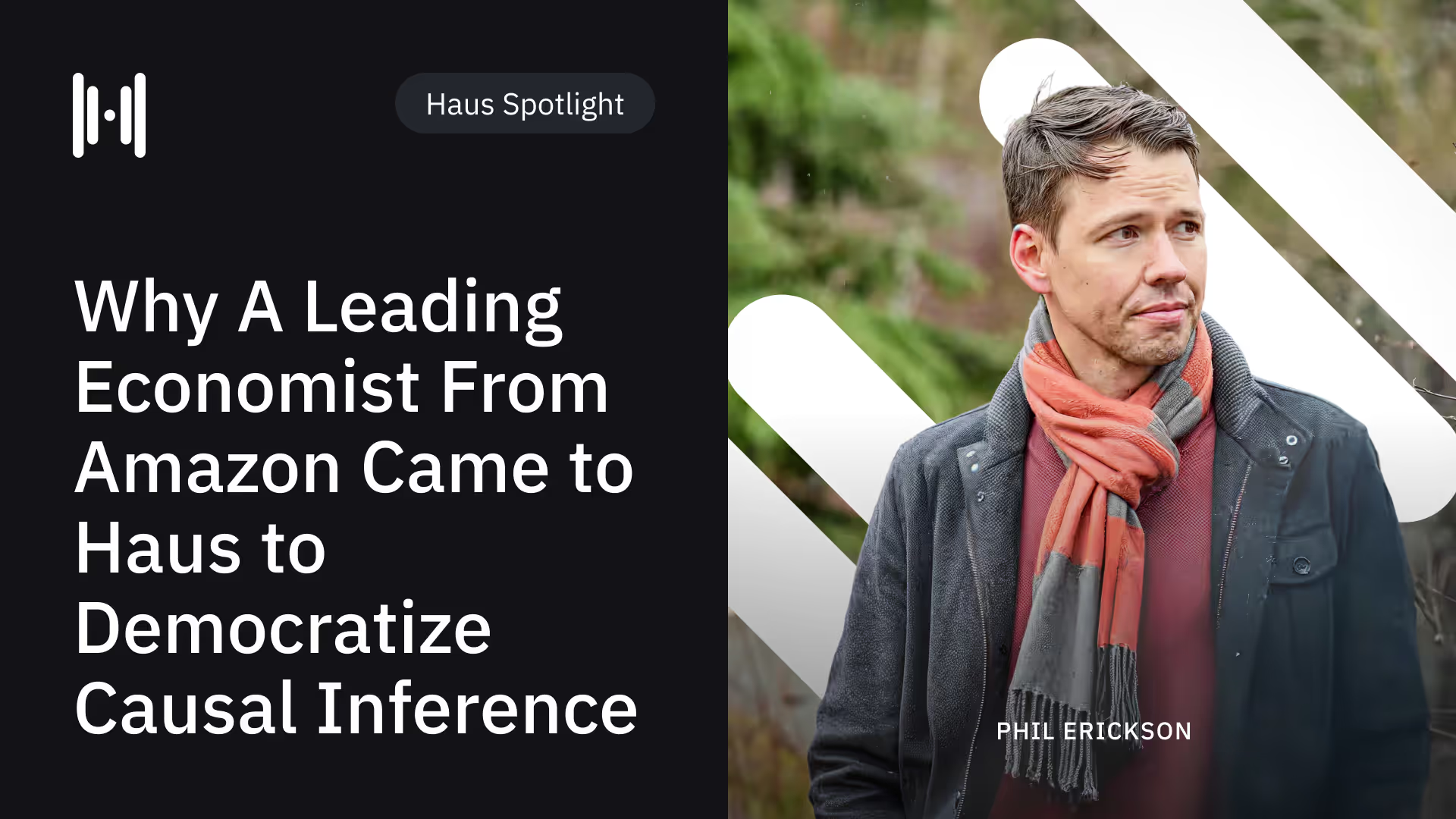
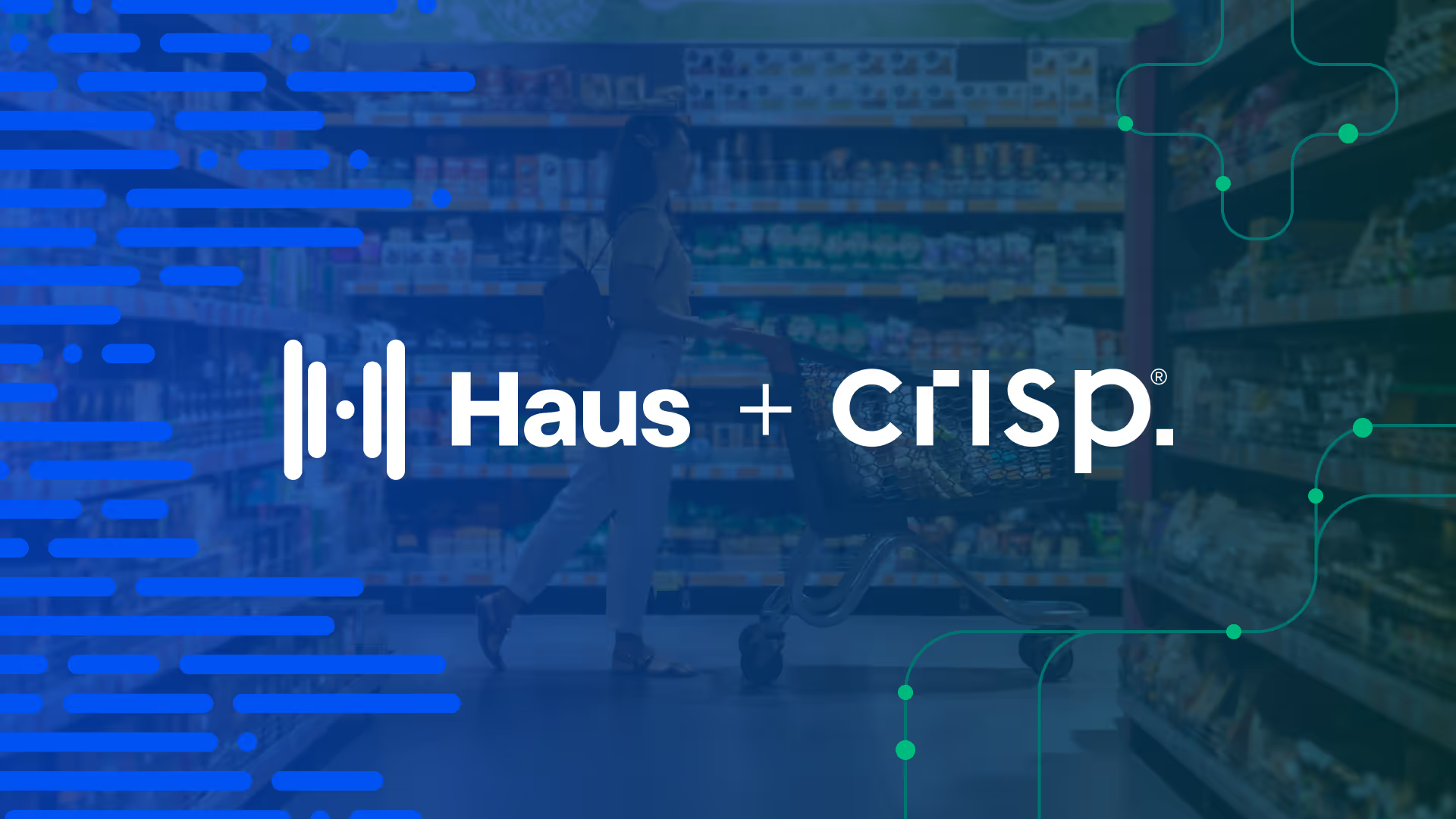
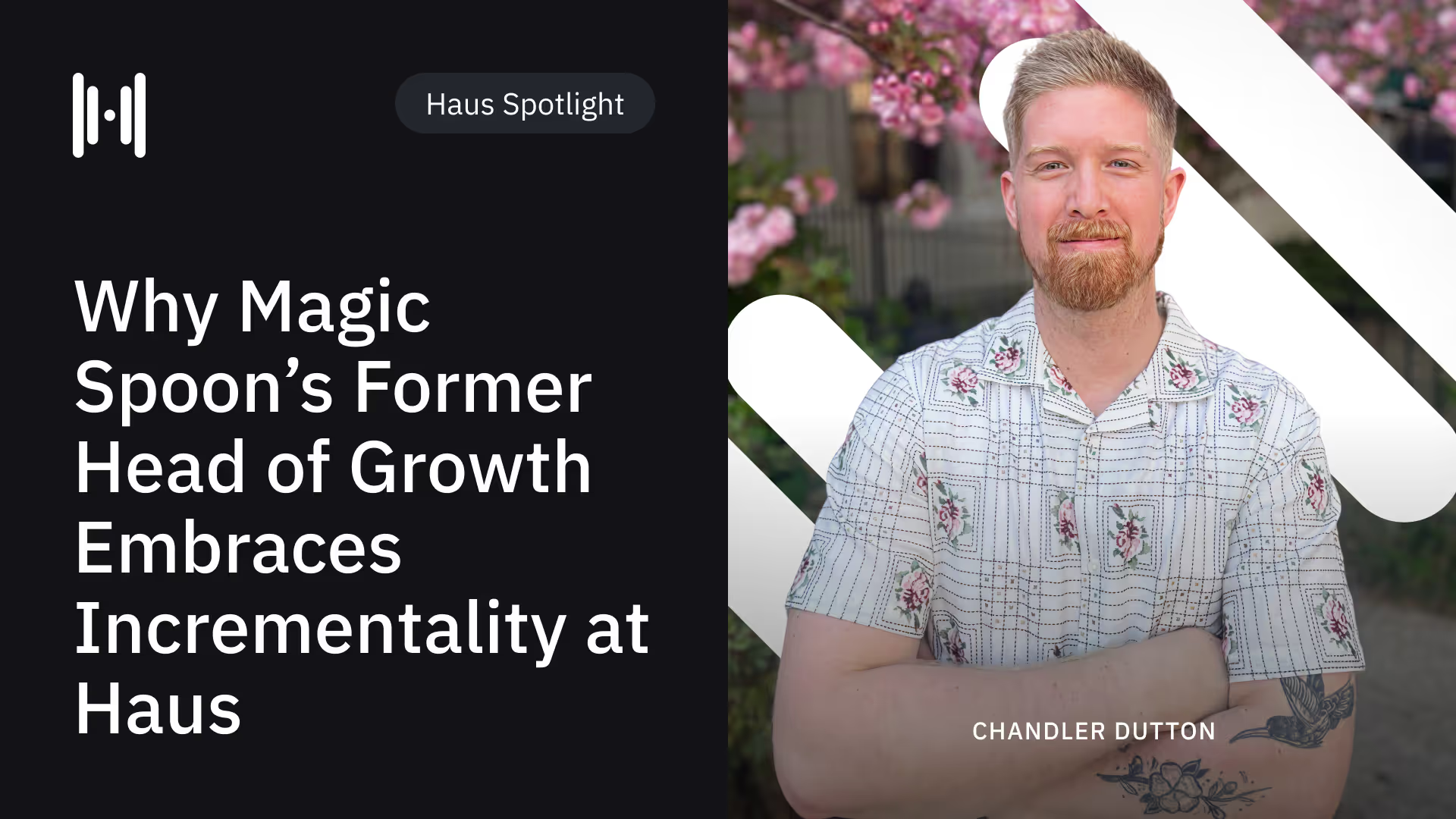
.avif)
.avif)
.avif)
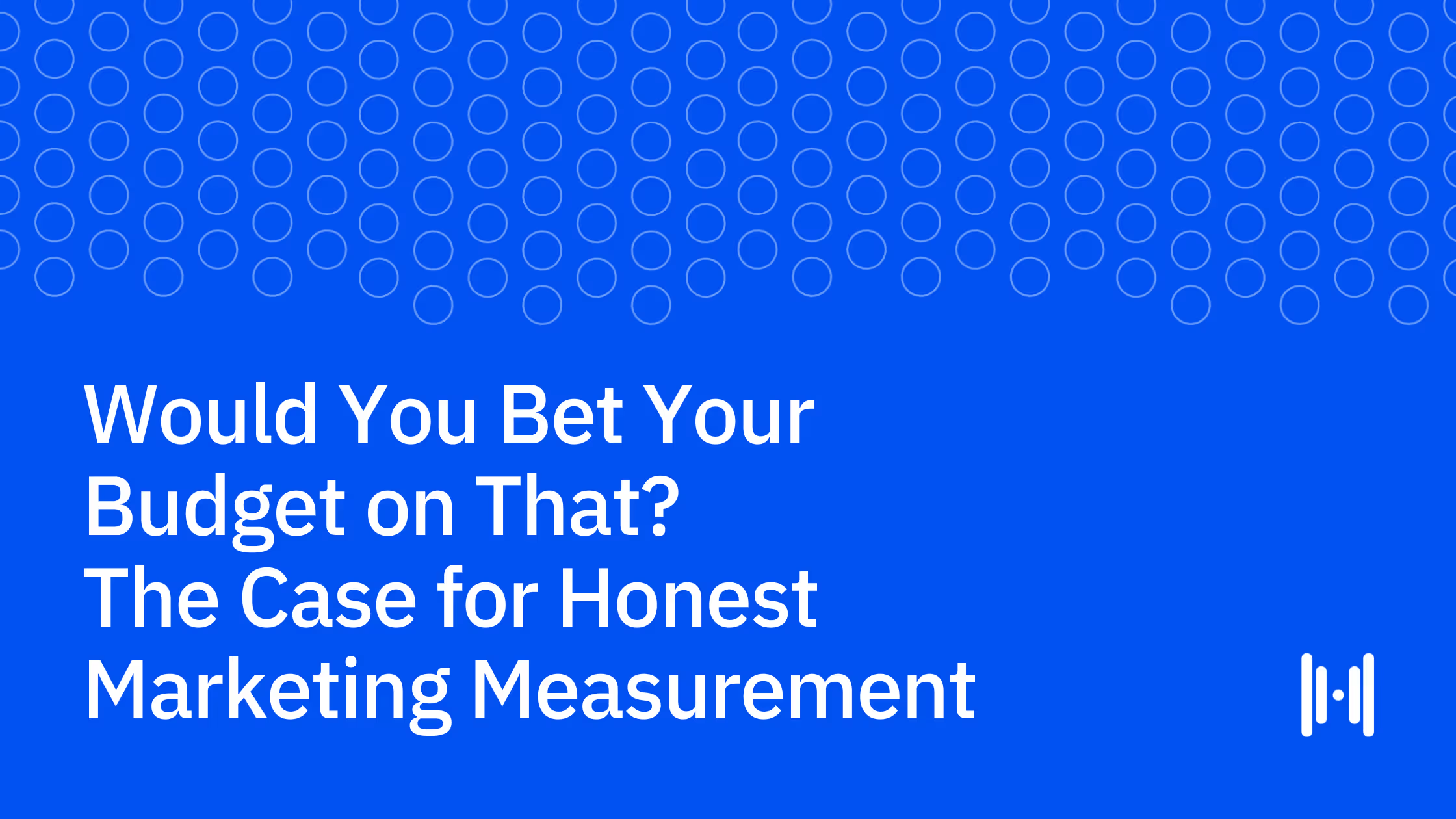
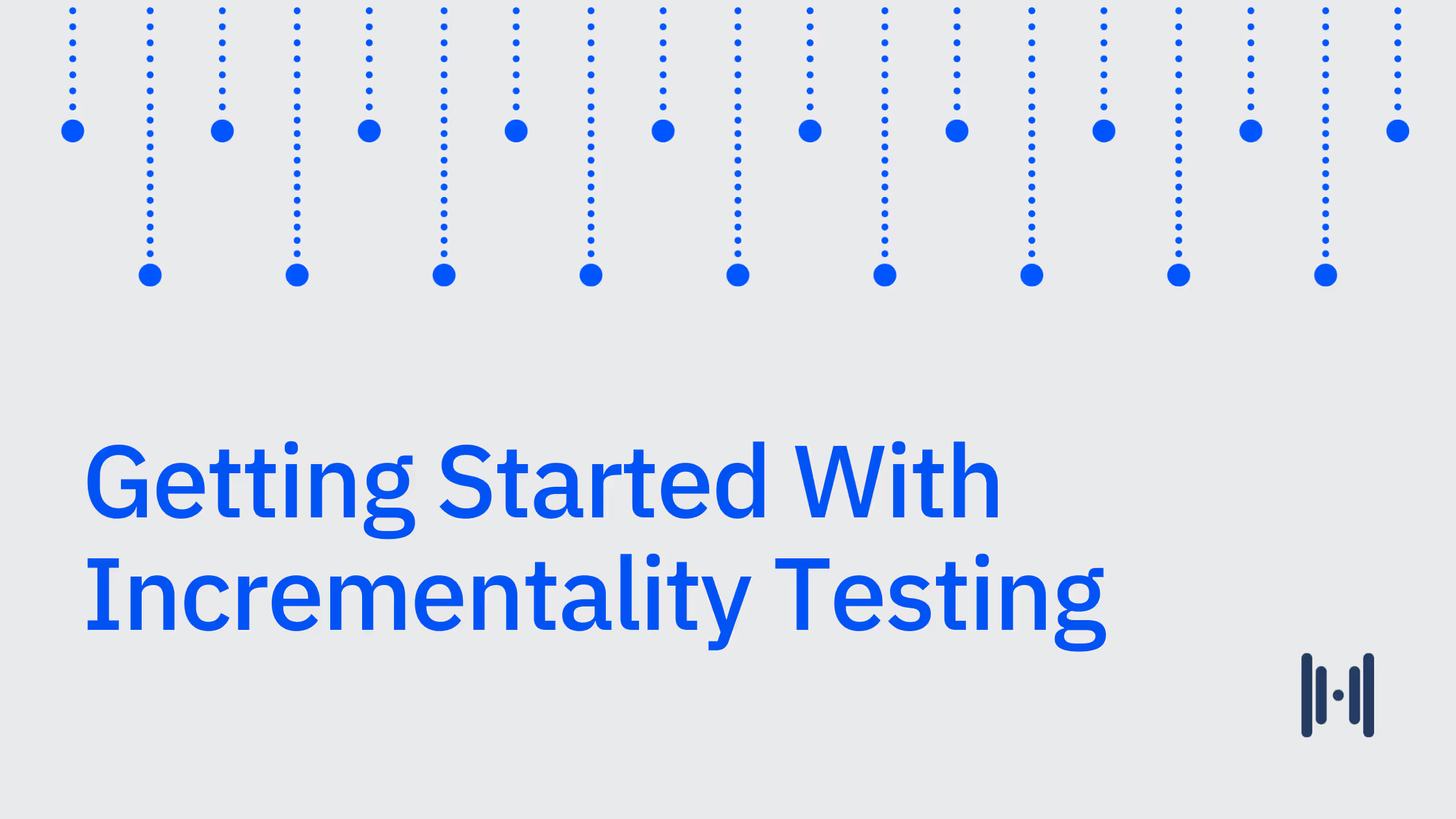
.avif)
.avif)
.avif)
.avif)
.avif)
.avif)

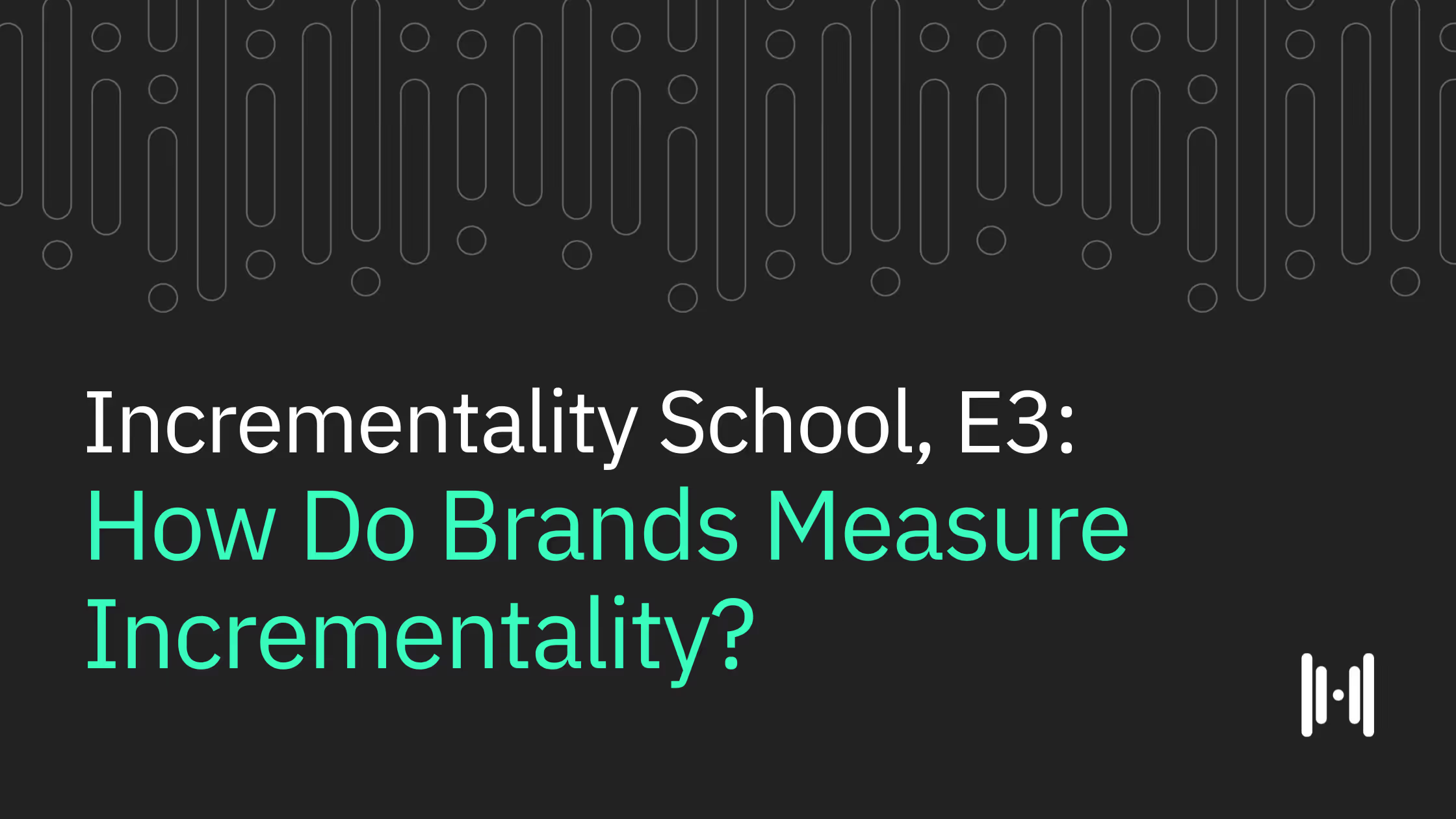

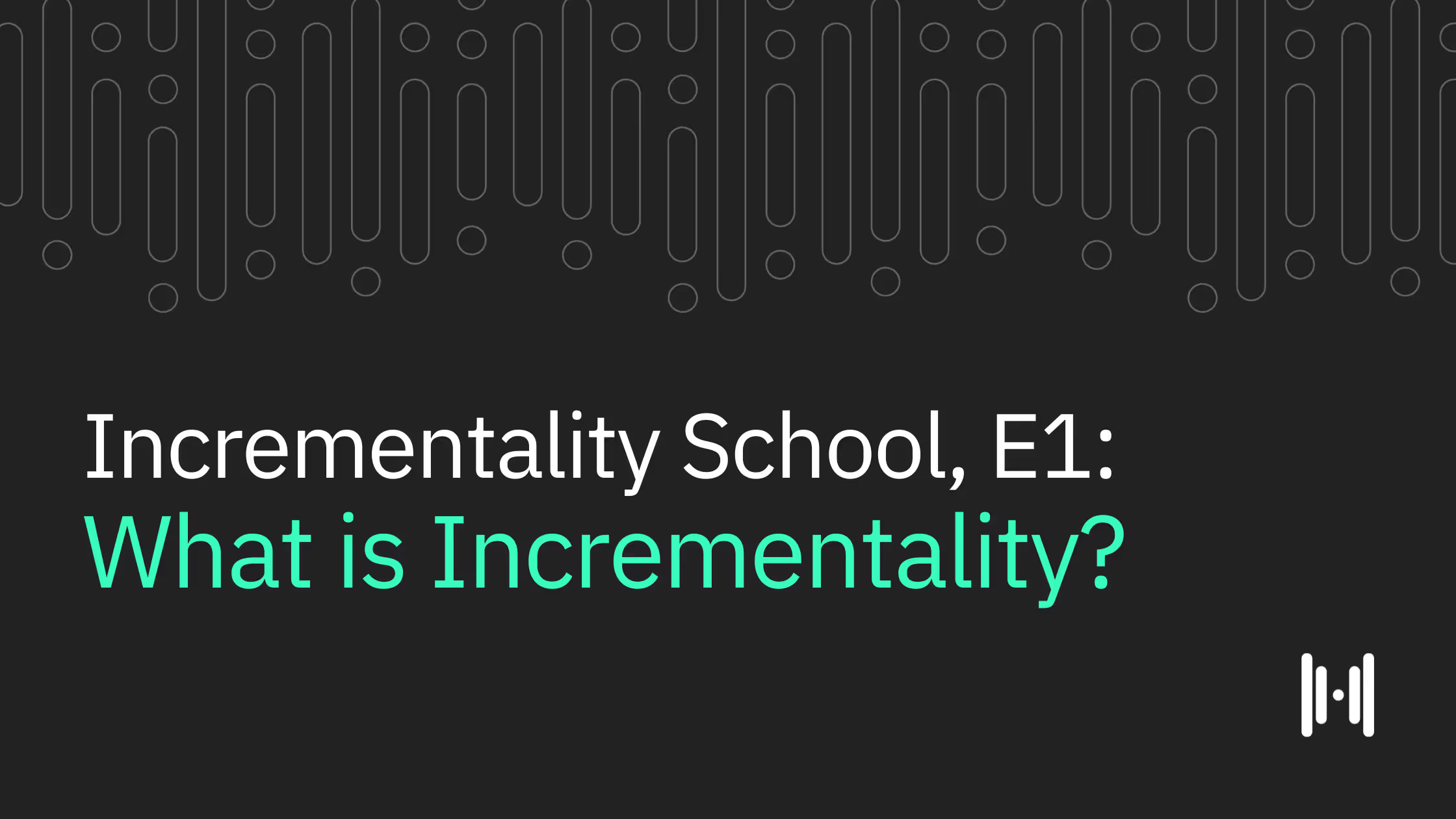
.png)
.avif)
.png)
.avif)
